
Advance Certificate Course in Yoga
As we progress in our Yogic journey, a desire arises to learn advance yogic practices and techniques. This advanced teacher’s training course (Advanced Yoga TTC) will help you establish your sadhana (practice) and make you a better learner to impart the same to many more. Find out more about this advanced-level teacher’s course in yoga.
Aim of Certification
The aim is to produce Yoga professionals such that an IYA certified professional will have minimum / basic common standards of Yoga knowledge and expertise irrespective of which institute he or she is certified from. These standards will become the hallmark of Yoga all over the world.
Certification : Indian Yoga Association permanent certificate – IYA, Free Yoga Professional membership with IYA & Eligibility to appear for Exam – YPI -Yoga Certification Board (YCB) Govt. of India
How will it benefit the member?
It is advantageous for individuals to get certified under this scheme of IYA because IYA will maintain a portal on its website detailing the list and individual details of certified Yoga professionals under this scheme. This will provide more job and service opportunities.Job Avenues : Certified Yoga Professionals can teach basics of Yoga/Common Yoga Protocol etc. on International Day of Yoga for prevention of diseases and promotion of health. They can also conduct Yoga practice/classes . for e.gin parks,societies, RWA etc.
What is the Role of Indian Yoga Association?
IYA will provide the Syllabi for the Various Courses and Accredit Member Institutes for conducting the courses. Swaraj Yoga Institute & Wellness Retreats is an accredit member for this course.
Certificates once issued by the Member Institutes to candidates on successfully completing the Courses will be permanent. IYA reserves the right to and will conduct audit checks on the Courses to be conducted by the Member Institutes.
Offline (in weeks): 8 weeks for full time at Dharamshala campus/
Maximum group size: 15
Start Dates : 1st of every month from April to Oct (Separate Dates can be offered subject to availability – Drop separate request email on [email protected] )
For continuing student, who have already done 200 hours with us, start date will be 1st September. To accomplish another 4 weeks only
End Date – 55 Days after the start date
Online – Customized dates on request
- Course Highlights
- Curriculum
- Schedule
- Practical information
- Accommodation & Rules
- Pricing
- Certificates
- Room Images
Course Highlights
- 500 hr Yoga Wellness Instructor Course- Online and Offline modules
- Live sessions by a certified professional faculty
- Available for national and international students
- Accommodation available for international and national students
- Learn while enjoying a natural living experience of the yogic lifestyle
- Live online sessions will be held over Zoom, Google Duo or Microsoft Teams
- For Online sessions’ time zone: Dharamshala, India (India Standard Time, GMT 5.5)
- English instruction. Hindi, Himachal, Punjabi language can be arranged if available.
- Course can start as soon as you sign up
- Self-paced is possible upon discussion with the teacher
- Internship- A practical exposure to teach as Yoga Instructor—All candidates are given an opportunity to hold Yoga Classes as Instructor in our Campus Yoga classes to make participants have full confidence in their capabilities as Yoga Instructor
Yoga styles
- Hatha Yoga
- Traditional Yoga
- Ashtanga Yoga
- Special sessions on Kurunta (Rope)Yoga (inspired By Iyengar )
Eligibility – 12th Std or Certificate Course in Yoga
Duration – 500 Hours
Practical: Theory = 50 : 50 I.E. 250 Hours: 250 Hours
Minimum Contact Hours = 80% I.E. 400 Hours
Theory – Total Contact Hours = 200 Hours
Practical – Total Contact Hours = 200 Hours
Maximum group size: 10 /12
Syllabus—Theory Topics
| Section 1 Philosophy | Detailed understanding of: |
| Indian Philosophy | 59. What is Karma Yoga? |
| 1. Astika&NastikaDarsanas | 60. What is Bhakti Yoga? |
| 2. Common Characteristics of IP (a slightly deeper understanding) | 61. What is Jnana Yoga? |
| Samkhya Darshana | Upanishads |
| 3. DukhaTraya | 62. Meaning of ‘Upanishad’ |
| 4. Purusa&Prakrti | 63. Names of 10 Main Upanishads |
| 5. Avidya | 64. A few Upanishadic doctrines – 4 Mahavakyas |
| 6. Tri–Guna Theory | 65. Panchamaya (Pancha kosha) theory |
| 7. Names and Characteristics of 25 Tattvas | Vedas |
| 8. Kaivalya | 66. Meaning of ‘Veda’ |
| Yoga Darshana (Patanjali Yoga Sutras) | 67. Names of 4 Vedas |
| 9. Background of Patanjali | 68. Four parts of each Veda, Veda Angas &Upa Vedas |
| 10. Names of 4 Padas | Puranas |
| 11. The Ashtangas | 69. Name of Author |
| 12. Sabija / Nirbija / Dharmamegha Samadhi | 70. Basic understanding of Puranas |
| 13. Antarayas and method to remove them | 71. Names of 18 Puranas |
| 14. VikshepaSahabhuvas and method to remove them | 72. Purushartha theory |
| 15. Vrittis& methods to eliminate them | Section 3A Anatomy & Physiology: Medical Science & Yoga |
| 16. Klesas& methods to eliminate them | A. Anatomy & Physiology as per Medical Science |
| 17. Cittaprasadana&ManasthithiNibandhini techniques | 73. Names of 9 Main Systems and Organs in each system |
| 18. Definition & description of Ishvara | 74. Other Main Organs (e.g. Eyes, Ears, etc.) |
| 19. Concept of Samapatti | 75. Main Functions of above |
| 20. Concept and examples of Siddhis / Vibhutis | 76. Effects of Yoga Practices on the above systems and organs. |
| 21. Kaivalya | B. Yogic Anatomy & Physiology as per Yoga |
| Etymological Meanings & Definitions of ‘Yoga’ | 77. Concept of Prana |
| Meanings with Explanation | 78. Names and Functions of the Pancha Pranas and Upa Pranas |
| 22. Yujir-yoge | 79. Concept of Nadi& names of Nadis |
| 23. Yuj-samyoga | 80. Significance of Ida, Pingala &SushumnaNadis |
| 24. Yuj-samyamneYuj-samadhi | 81. Ashta Chakras and their Significance |
| Definitions with Explanation | 82. Names of Granthis& Chakra awakening |
| 25. PYS Def Ch I – S: 2 | 83. Names of Endocrine glands corresponding to Chakras |
| Bhagavad Gita | 84. Kundalini & its awakening and practices (e.g. Bandhas, Shaktichalana Mudra, etc.) for same |
| 26. Samatvam Yoga Uchyate; | Section 3B Human Psychology as per Yoga |
| 27. YogahaKarmasuKaushalam | Personality theories |
| Salient features of Indian Culture | 85. Deeper understanding personality according to Tri- Gunas |
| Only Names & brief understanding | 86. The 5 Citta Bhumis & their Guna orientation |
| 28. Deeper Understanding | 87. Understanding of Personality as per Samkhya Darsana: Prakrti (Sthula, Sukshma& Karana Shariras) + Purusa |
| 29. Sanatana Dharma | 88. Panchamaya (Panchakosha) theory as already considered in earlier section |
| 30. Vaidic Dharma | Concept of Mind |
| 31. Anekantavada | 89. Names & functions of elements of Antahkarana in Samkhya: Buddhi, Ahamkar& Manas. |
| 32. Ashrama Dharma | 90. Concept of Citta in PYS |
| 33. Purusharthas | 91. Distractions / Disturbances of Mind – 9 Antarayas as per PYS, Shad Ripu as per Upanishads (Kama, Krodha, Lobha, Moha, Mada&Matsarya), Samskaras (conditioning) / Vasanas /Klesas, etc. |
| 34. Guru-Shishya Parampara | 92. Mind Control Techniques: Yamas, Niyamas, Pranayama, Meditation, Pranavajapa, Ek Tattva abhyasa, Cittaprasadana techniques, PratipakshaBhavana, Relaxation Practices (Shavasana, Yoga Nidra, etc.) |
| 35. Karma & Law of Karma | Life Style Considerations |
| 36. Dharma | 93. Diet: Mitahar as per HP; |
| 37. Spiritual culture (AdhyatmicSamskriti) / Materialistic culture (BhauticSamskriti) | 94. Bhagavad Gita: Diet, rest, relaxation, exertion, etc |
| Section 2 Basic Texts of Yoga | 95. Elaboration of Yogic Life style |
| Patanjali Yoga Sutras | Introduction to Ayurveda |
| 38. Over-view of 1st and 2nd Padas | 96. Meaning of ‘Ayurveda’ |
| 39. Over-view of 3rd and 4th Padas | 97. 3 Doshas |
| 40. Sutras by heart | 98. Concepts of Health (Swasthya), Mala; Dhatus; etc. |
| 41. Definition (Ch:I S-2); | Section 4 Teaching of Yoga |
| 42. Ashtanga Yoga (Ch:II S- 29); | 99. Teaching Methods (Instruction; Observation; Demonstration; Correction) |
| 43. Asana (Ch:II S-46); | 100. Teaching Aids |
| 44. Pranayama (Ch:II S-49) | 101. Communication Skills |
| 45. Ashtangas of Yoga (Ch:II S-54) (Ch:III S-1, 2 &3) | 102. Verbal & Non-verbal |
| 46. Cittaprasadana (Ch:I S-33 &34) | 103. Ideal Qualities of Teacher |
| 47. Pratipaksha Bhavana (Ch:II S-33) | 104. Conducive Environment |
| Hatha Pradipika (HP) &Gheranda Samhita (GS) | 105. Safety measures |
| 48. Deeper Understanding of Hatha Yoga | 106. Guideline as regards framework of Professional Practice |
| Deeper understanding of Hatha Pradipika | |
| 49. Understanding of 4 angas | |
| 50. Understanding of 15 Asanas | |
| 51. Understanding of Shat Kriyas | |
| 52. Understanding of 8 | |
| 53. Kumbhakas | |
| 54. Understanding of 10 Mudras | |
| 55. Badhak Tattva / Sadhak Tattva | |
| Deeper understanding of Gheranda Samhita | |
| 56. Understanding of Saptangas | |
| Bhagavad Gita | |
| 57. Name of Author | |
| 58. No. of Chapters |
Syllabus— Practice Topics
| Section 1SukshmaVyayama / Preparatory Practices / Sandhi Chalana kriya | Two Inverted Asanas |
| 1. Institution-specific | 45. Sarvangasana |
| Section 2 Shuddhi Kriyas | 46. Shirsasana |
| 2. Dhauti: VamanDhauti; DandaDhauti; VastraDhauti; Agnisaar | Section 4 Suryanamaskar |
| 3. Neti: Jal Neti; Sutra Neti | 47. Suryanamaskar (Traditional with 12 Poses and accompanying 48. Mantras) (Can be School- Specific) |
| 4. Tratak | Section 5 Pranayama |
| 5. Kapalbhati | 48. Sectional Breathing |
| 6. Nauli | 49.Yogic Breathing |
| 7. Theoretical Knowledge as regards Basti | 50. Nadishodhana |
| Section 3 Asanas | Kumbhakas with Bandhas |
| Five Meditative Asanas | 51. Suryabhedana |
| 8. Siddhasana | 52. Ujjayi |
| 9. Padmasana | 53. Shitkari |
| 10. Svastikasana | 54. Shitali |
| 11. Vajrasana | 55. Bhramari |
| 12. Veerasana | 56. Bhastrika |
| Seven Standing Asanas | 57. Sagarbha&AgarbhaNadishodhana Pranayama |
| 13. Tadasana | Bandhas |
| 14. Ekpadasana | 58. Mulabandha |
| 15. Vrikshasana | 59. Uddiyana Bandha |
| 16. Utkatasana | 60. Jalandhar Bandha |
| 17. Trikonasana | 61. Jivha Bandha |
| 18. Padahastasana | 62. Maha bandha |
| 19. Garudasana | Section 6 Mudras |
| Five Kneeling Asanas | 63. Chin / Jnana Mudra |
| 20. Ushtrasana | 64. Padma Mudra |
| 21. Marjarasana | 65. Agochari Mudra (NasikagraDrishthi) |
| 22. Vyahgrasana | 66. Shambhavi (BruhmadhyaDrishthi) |
| 23. Shashankhasana | 67. Viparitakarani |
| 24. Suptavajrasana | 68. Khechari |
| Eight Sitting Asanas | 69. Mahamudra |
| 25. Bhadrasana | 70. Mahavedha Mudra |
| 26. Simhasana | 71. Ashvini Mudra |
| 27. Gaumukhasana | 72. Yoga Mudra |
| 28. Vakrasana | 73. Shanmukhi Mudra |
| 29. Parvatasana | 74. Shaktichalana Mudra |
| 30. Paschimottanasana | 75. Brahma Mudra |
| 31. Matsyendrasana | Section 7 Mantras |
| 32. Ardhamatsyendrasana | 76. Pranavajapa |
| Five Prone Asanas | 77. Shanti Mantra: Can be institution-specific |
| 33. Bhujangasana | Section 8 Meditation |
| 34. Shalabhasana | 78. Institution-specific |
| 35. Dhanurasana | Section 9 Teaching Practice |
| 36. Naukasana | 79.Institution-specific |
| 37. Makarasana | |
| Seven Supine Asanas | |
| 38. Pavanmuktasana | |
| 39. Setubandhasana | |
| 40. Matsyasana | |
| 41. Uthitapadahastasana | |
| 42. Halasana | |
| 43. Chakrasana | |
| 44. Shavasana |
****Daily schedule
Our daily schedule
-Monday to Saturday
( Saturday Half day, Sunday off – for self studies)
Daily-Two practical / practice sessions General Multi-style Yoga Asanas (Physical postures) and Asana as per syllabus of school & IYA (Indian yoga Association)
Two lessons focusing on – Theory topics as per IYA syllabus/ covering various classical yoga texts revealing the philosophy of yoga, Anatomy as per yogic science along with study of nine systems of the human body and in-depth understanding of meditation practices
Yoga Session and other Timings:-
First lesson -Daily Morning (Mon to Saturday)
8 a.m. to 9:45 a.m. Holistic Practice session
Details – Cleansing detox practices like nostril cleansing (Jal Neti) Eye Cleansing (Netar Dhoti) followed by Pranayama (Breathing) practices in the open on Himalayas rocks on campus with exposure to five elements (Panch bhutam)
Followed by Physical Postures (Asana)inside the studio. Yoga in this class is multi Style & varies from time to time, like from Hatha traditional & Sun salutations, Iyengar Inspired ropes etc. Relaxation is given by Guided Yoga Nidra practice for Bio feedback & overall well-being. Every Session ends at last with Prayers for humanity and Mantra Chantings.
Second lesson:- Multi Style yoga practice at 4 p.m. Monday to Friday
Third Lesson (Monday To Friday):-
6 p.m. to 7 p.m. -Yogic Philosophy as per syllabus from Ancient Indian Texts, Pranayama practices & Meditation by various techniques like Mudras, Trataka (Light gazing in dark room), Mantras etc.
Extra class can be taken on request
Dos & Don’t / General RULES –
Once you book your course or Yoga retreat Vacation , the guest/student should be happily ready to adhere to following Rules & Regulations in campus as a Yoga family member –
Since Swaraj Yoga Inst & Wellness Retreats is a Yoga oriented campus and not a guesthouse, we expect from all from our retreatants and students to watch the accompanying standards – keeping in mind the true goal to keep up a environment helpful for internal reflection & facilitate best learning while studying as an ardent student for all present in the campus :
1.) Yoga Students/Guests kindly don’t enter the Kitchen . But occasionally if you have been permitted to cook of your choice is ok.
2.) To help us to promote sattvic eating – no meat,fish or any non veg food are permitted .
3.) Practicing quietness in all classes is appreciated but personal queries can be raised after the class
4.) We need to assure the wellbeing and safety of our Yoga Students/Guests. Subsequently, we request you to come back to the campus not later than 10 pm.
5.) All Yoga Students/Guests are expected to take part in Yoga classes , Meditation sessions and prayers held from day by day. No exemptions other than permitted because of some health issue.
6.) Smoking, Alcohol, and Drugs of any sort are entirely not permitted.
7.) To keep up quiet condition Please keep all music at a lowest level in your accommodation and no music device allowed to play after 10 pm.
8.) This is your own campus , We request all students / Guests to help , respect each other to maintain a conducive one family like environment and maintain a perfect environment of love care and peace in the campus and their accommodation. No Anger is allowed.
10.) Please participate and help us to maintain cleanliness as Karma Yoga is the best way to give back as your Seva to yoga campus.
11.) Use Respectfully dresses. (One must avoid shirts over the knee, Tank-Top Shirts or Tight and uncovering apparels).
12.) The friends, relatives, and outsiders related to students / Guests are not permitted to visit any accommodation inside the campus but can visit and meet the desired person in the reception area.
13.) Every individual will wash his own particular garments in the clothes washer and he/she will dry themselves. Paid service also available on reasonable charges
14)People are not permitted to share or change the accommodation without prior approval and sometimes required by campus working / weather circumstances, Your accommodation can be changed .
Course Materials: Two sets of Tshirt and a Course manual are provided as a part of the course material and are included in the course fee.
Language: The course is taught in English and in Hindi explanation is available for Indian Students
Please enquire before making any travel plans if you do not have a good command of both written and spoken English.
Evaluation of students is on:
Attendance
Performance
Theory understanding during the course
Final written exam
A minimum combined score of 50% is required to pass.
Unsuccessful students will have to repeat the entire course with cost to qualify for the certificate
Supplemental Course Material: Apart from the TTC manual, there are some recommended texts for the course. These are not included in the course fee and can be bought from our centre :
Extra Yoga Books as per syllabus requirement
Bhagavad Gita
To maintain the spiritual atmosphere of the ashram guests please review Centres Do’s & Don’ts
Things to Bring: These items can also be purchased at our centre .
Comfortable clothes
Sandals
Toiletries
Towel
Personal items
Water bottle (Reusable, we try and limit the amount of single-use plastic)
Torch
Meditation shawl (for cool evenings)
Yoga asana mat
Meditation cushion
Notebooks and pens
Meals: Simple Indian vegetarian meals are provided twice daily . (It is not possible to cater to personal dietary preferences beyond the yogic-vegetarian meals from our side )
Check-in Time:
12:00
Check-out Time:
13:00
During the training program, you will be comfortably- accommodated with eco-friendly type accommodations and if all booked then you shall be accommodated in our approved associate Rooms just in walking distance around our place with all facilities as per guidelines mentioned here- . The rooms are on sharing as well as the private basis with comfortable bed and bedding , Bathrooms ( attached and non attached options ) and other basic facilities .
During the retreat program, you will be comfortably accommodated in our approved associate Rooms.
As our campus is amidst the beauty of nature with lot of trees ,flowers , Himalayan birds and farming fields all around ,you shall be staying in one of our natural type accommodation with clean wash rooms .
Being a Yoga centre , please expect only purely Yoga ashram-like living with not too much luxury and such natural ashram environment is always conducive to encourage our yoga learning process . Although modern facilities like Wi-Fi, hot water, and much more which we feel is now difficult to do without for the participant are available as per need .
We represent an organic , return to nature, no harm to nature and a simpler way of living, which is very different to a hotel stay . We are sure that you would love and appreciate this dimension of living too which is more real and close to nature means close to our inner core – our own bliss body . Generally there is a more community type atmosphere and so often an expectation that students/ guests will also pitch in to help our workers to help campus function smoothly under Good Karma . So make it a memorable learning experience for yourself and all present around without any Anger .
Facilities
24-hour hot & cold water
Filtered – Free Drinking water
Free Detox at our place only – Alkaline Mineral magic water to detox as per individual Needs
Attached and Non attached bathrooms
Bed with Blankets, mattress, Bed sheet only – No towel or any toiletries are given * Student should buy such stuff themselves .
Free Detox Tea – Max Three
Common Dining area along with – Traditional Old Himachali Village Type – Rustic Kitchen
Laundry service – Washing Machine available and also Available on reasonable payment – very near to campus
Health & Hygiene
Offering our guests/students a clean campus is our utmost priority
Uses cleaning organic &Govt prescribed mixtures that are effective against various Flu & coronavirus .
Guest accommodation is disinfected periodically during stay tenure or whenever needed .
Equipment like props ropes and others used for activities are disinfected before and/or after use.
The new norm of Physical distancing is a practice we all must agree upon
Cashless payment available.
Safety features
Hand sanitizer available in key areas.
Process in place to check the health of participants
First aid kit available.
Protective masks are available for all staff and students
Note – Only fully vaccinated Students/Guests are welcome to apply
Start Dates : Every first Monday of the Month ( Note – Rarely A little change in the start day if any shall be intimated to you )
Discounted Course Fee For National and International Students :
| Indian Students | International Students | |
|---|---|---|
| Course Fee – without stay and food – offline or online | ||
| Course Fee – Stay and Food (Shared Accommodation – Basic Comfort) – 8 Weeks | ||
| Course Fee – Stay and Food – (Non -Shared Accommodation – Basic Comfort) – 8 Weeks | ||
| Course Fee – Stay and Food – (Non -Shared Accommodation – Deluxe Comfort) – 8 Weeks |
Certification fee separately payable to IYA Fees: Rs 1500 for Indian Nationals / $50 for non Indians
(Please note that the certification fees is different from course fees; course fees is as per norms of the hosting institution)
Note – Two students booking together and sharing (Non – shared basic/deluxe/super Deluxe) will get 10% discount on above price for each student.
Continuing Student – The student who have already done 200 hrs IYA course will get opportunity to join this 500 program and they have to study only 300 hours. FOr packages, drop separate email at [email protected].
Scholarship for Needy Students –Scholarship and Rebates are available for poor needy candidates but deserving only subject to management approval .A separate request can be deposited with a special note ( Max 200 words ) .
What’s not included (include in Price)
- Bus, railway or Airways fare
- No insurance , medical or visa fee
- Yoga books( But available on nominal price cost to cost )
- Yoga Certification Board (Govt. of India) Yoga Exam fees
Cancellation Policy
Our revised cancellation policy for refund w.e.f 1st April 2023 is as follows —
Any time Ninety days before booking check in date
20 Percent of fifty percent paid advance as cancellation charges
Between 89 days to 30 days before booking check in date
— 40 – percent of fifty percent paid as cancellation charges
Between 29 days to
8 days –before booking, check in date
50 percent of fifty percent advance paid as cancellation charges
Between 7th days to arrival date
100 percent of fifty percent advance paid before booking check in date
If Cancellation by Swaraj Yoga Institute amount is 100% refundable
Refund after Joining the course – If student leaves within 3 days after joining the class The course fee mentioned without stay and food option will not be refunded for reason whatsoever. Where as other amount paid for food and stay shall be paid back as per the days stayed as per total package cost with in 3 days . After 3 days of joining – The whole amount deposited is non-refundable .
Full refund will only be granted where SYIWR has had to cancel the programme.
Foreign Students – PLEASE ENSURE THAT TRAVEL AND ANY NECESSARY VISA ARE POSSIBLE BEFORE REGISTERING.
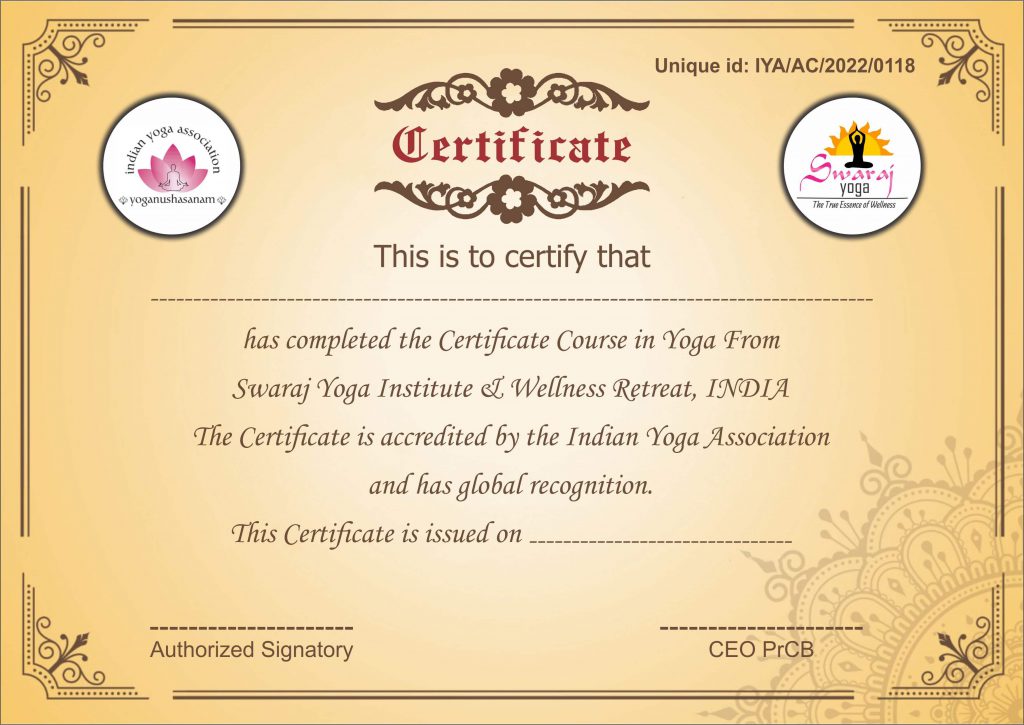
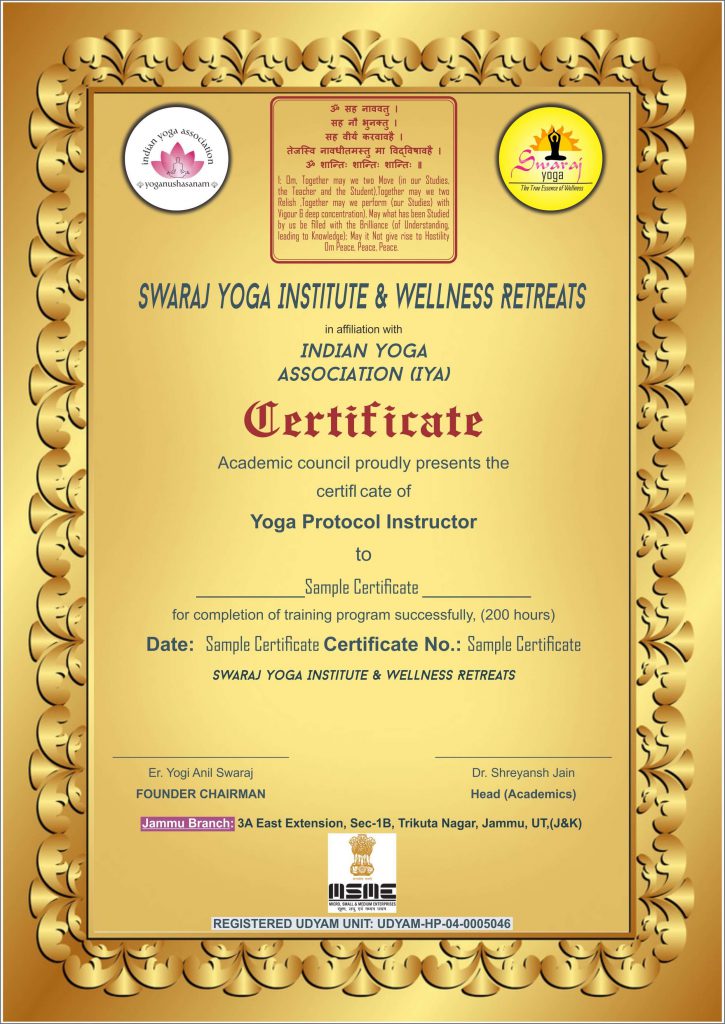
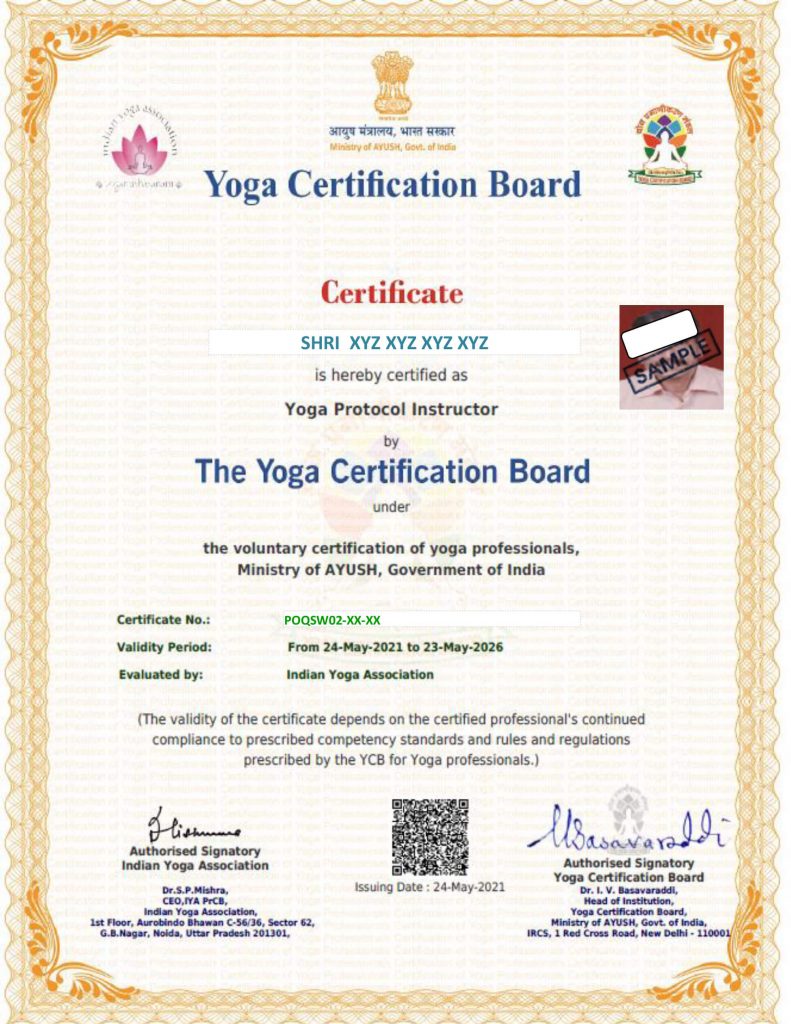
Basic Comfort Rooms


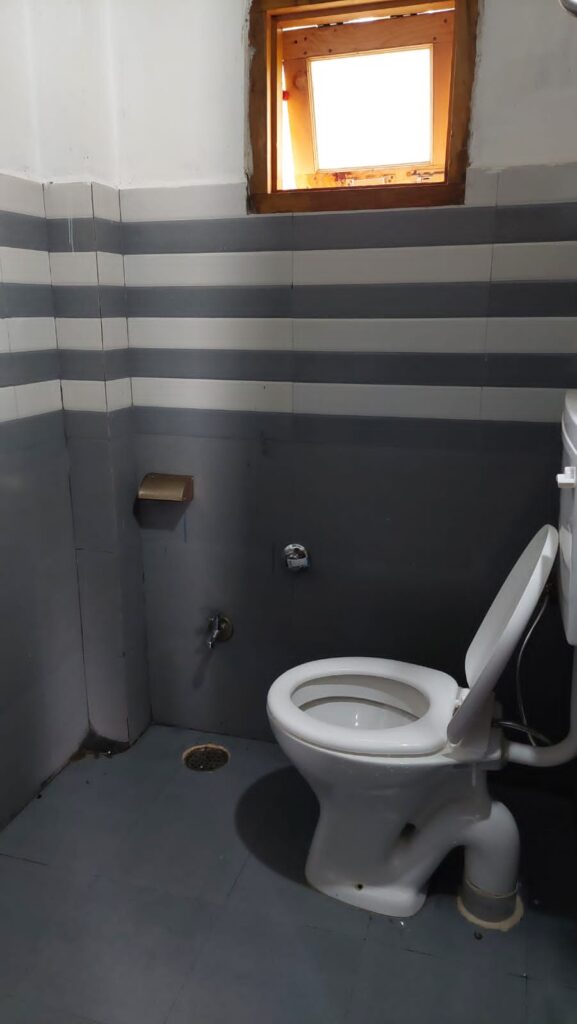
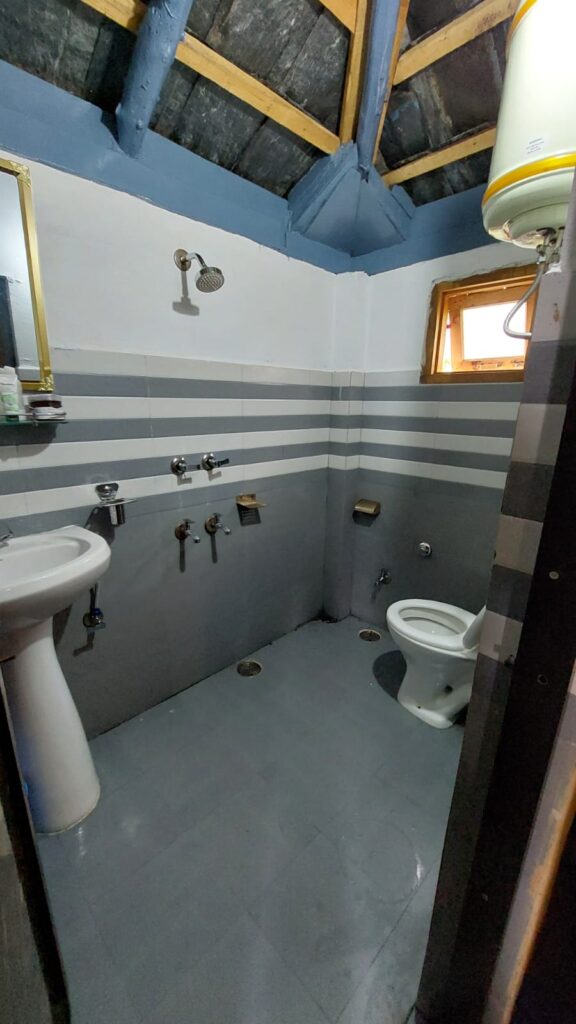
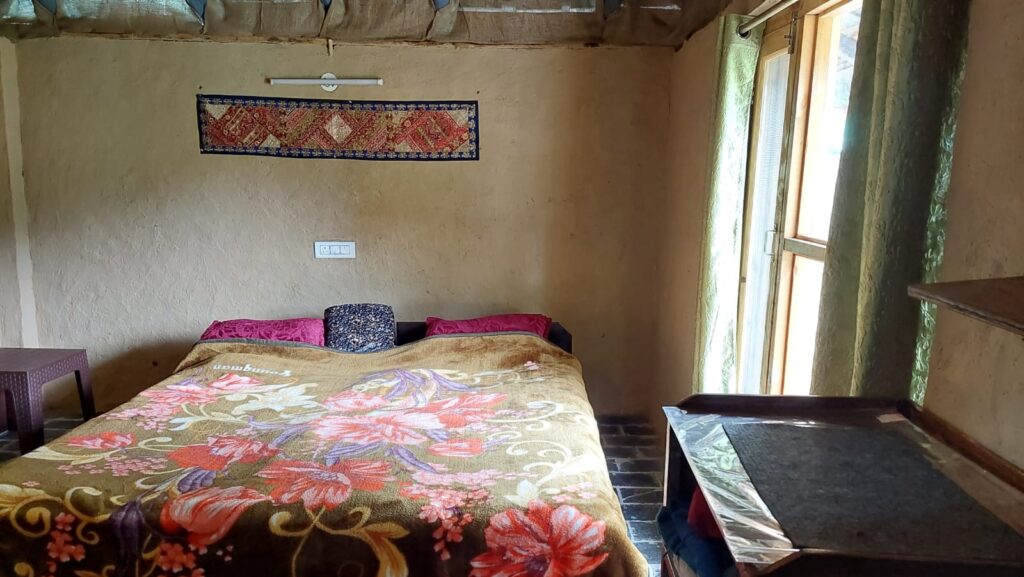
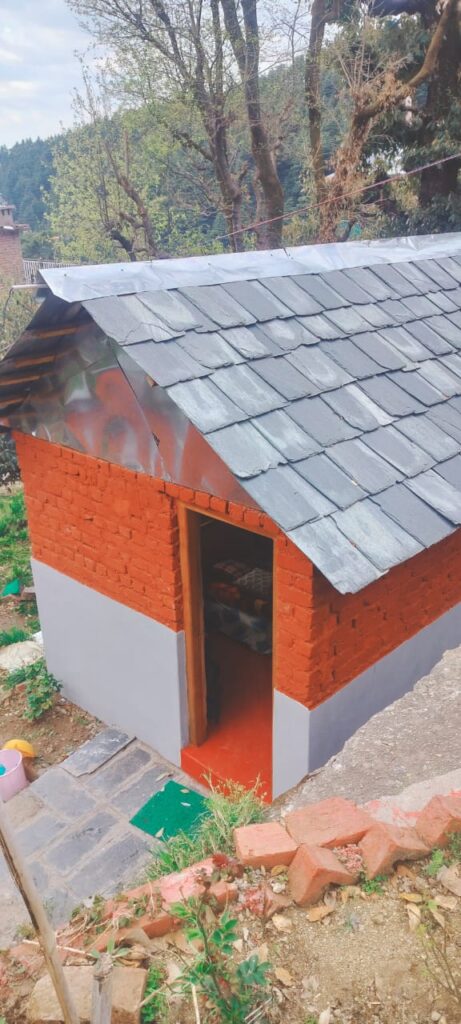
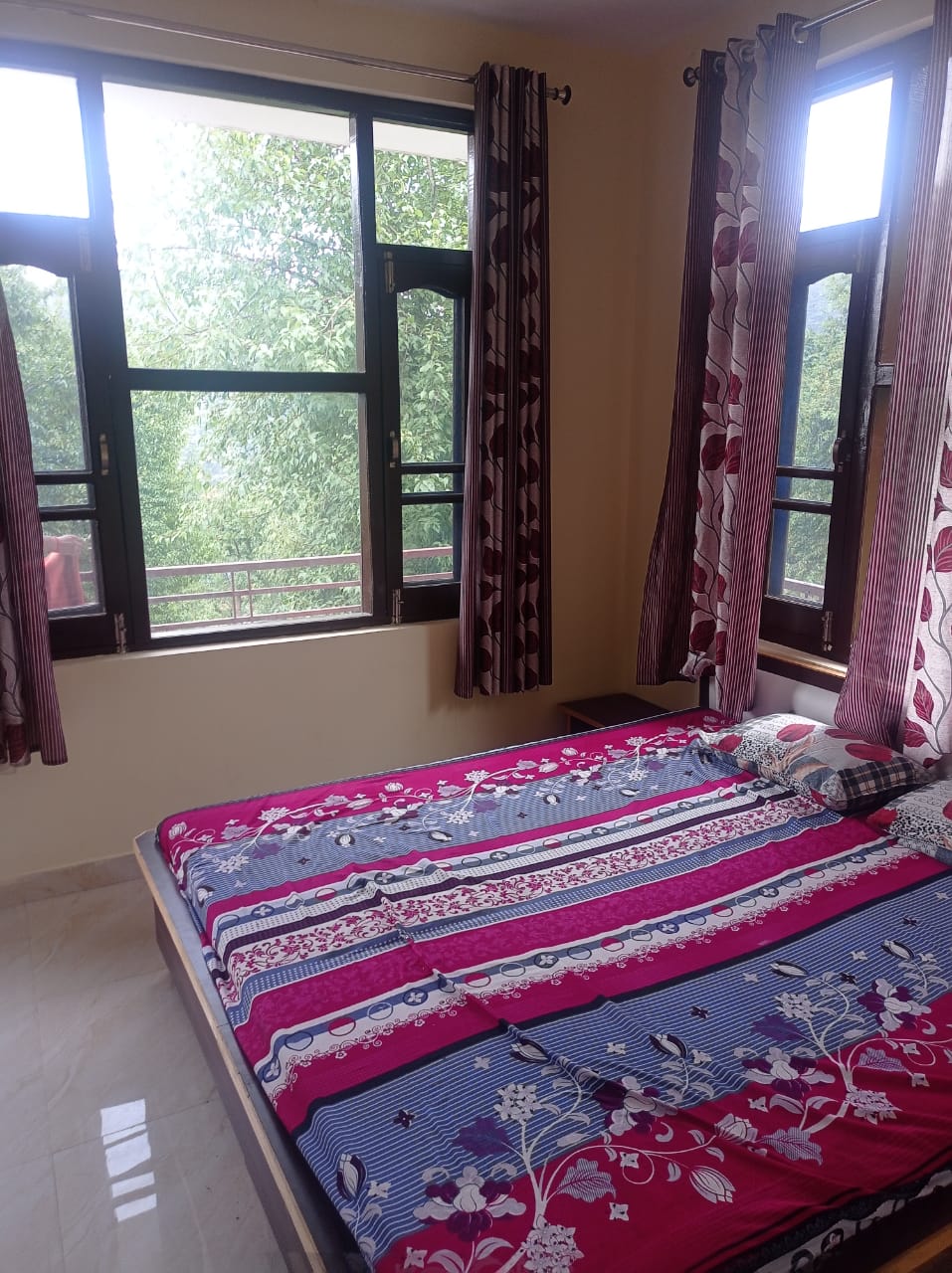
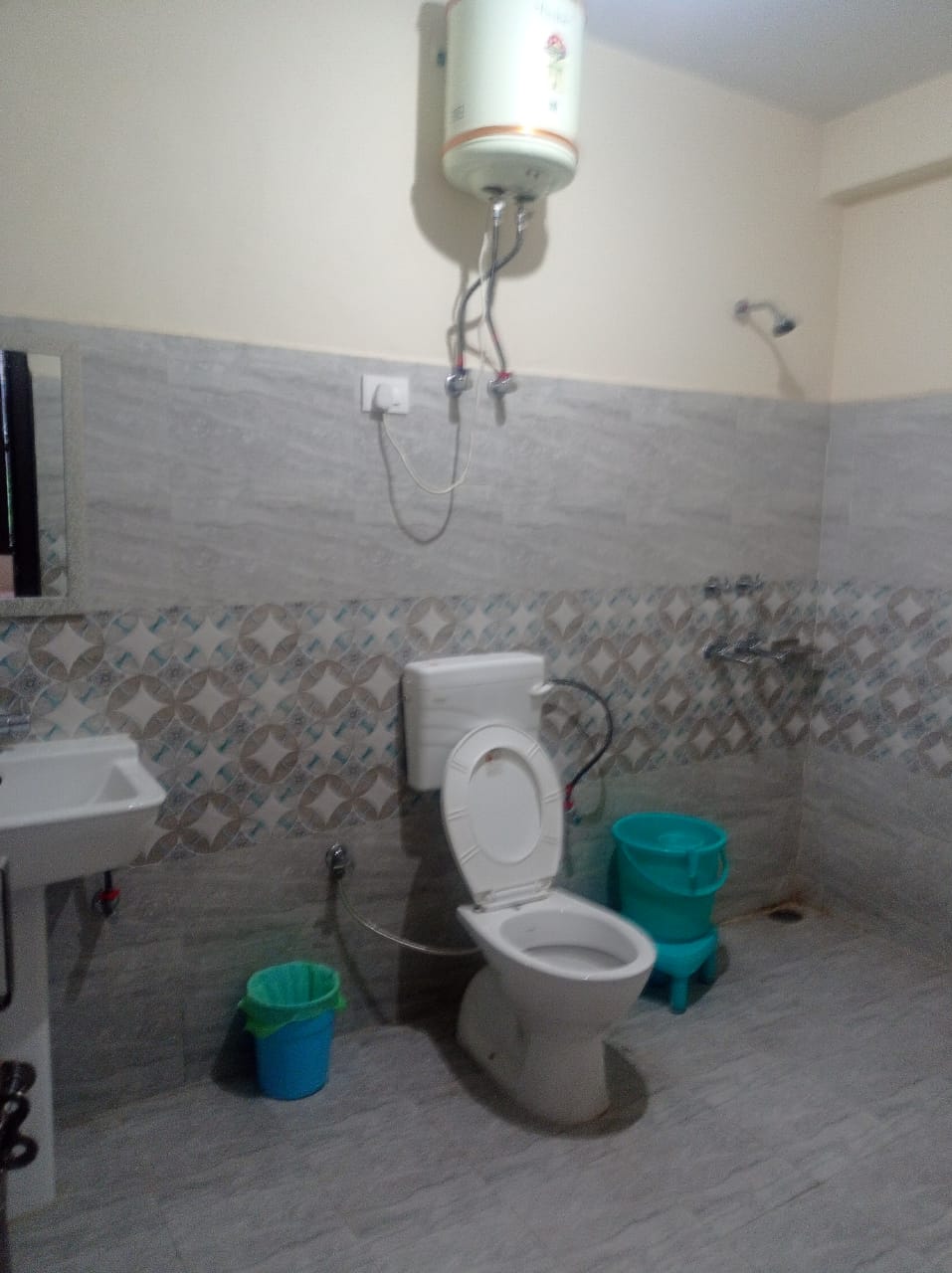
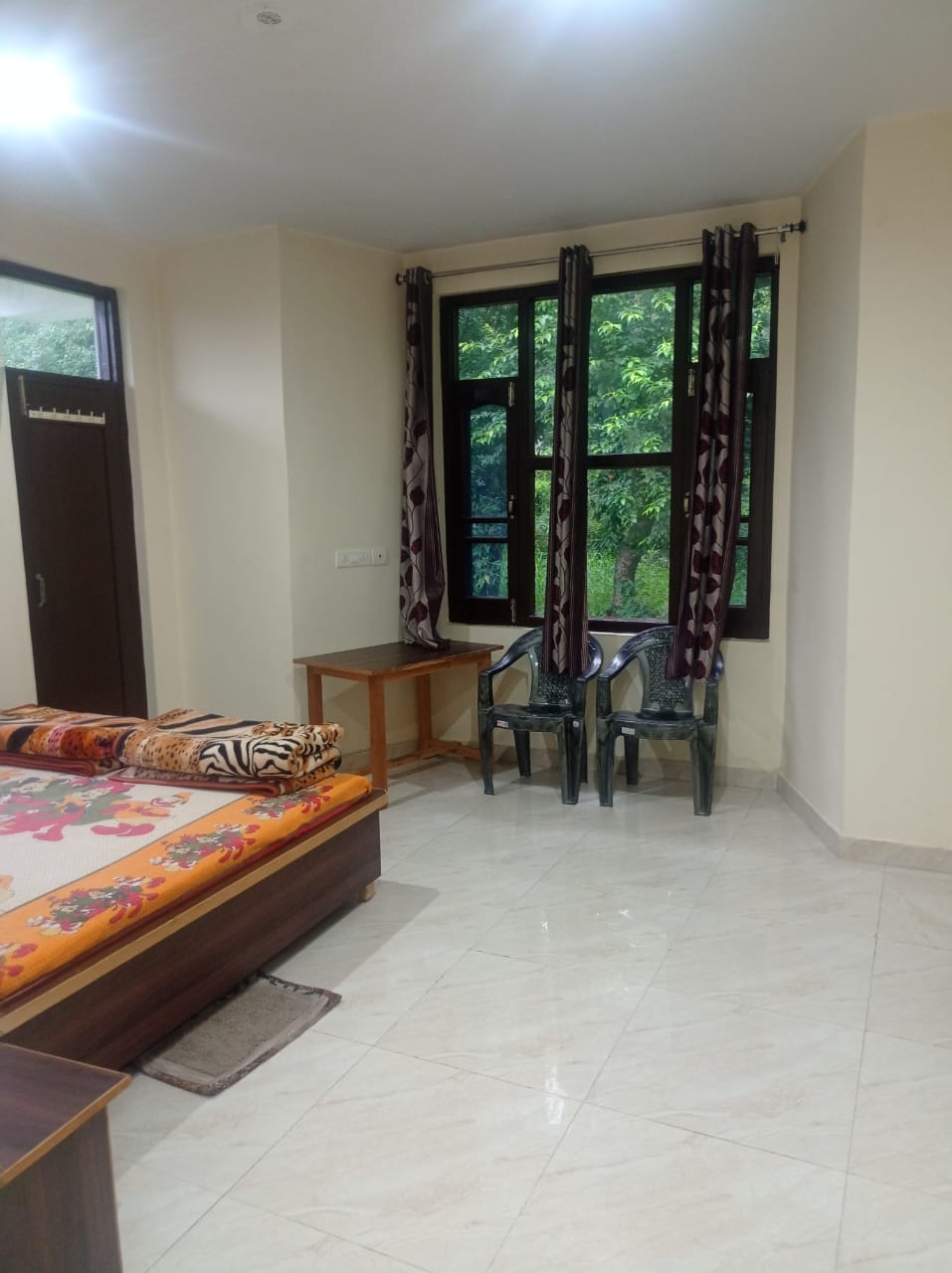
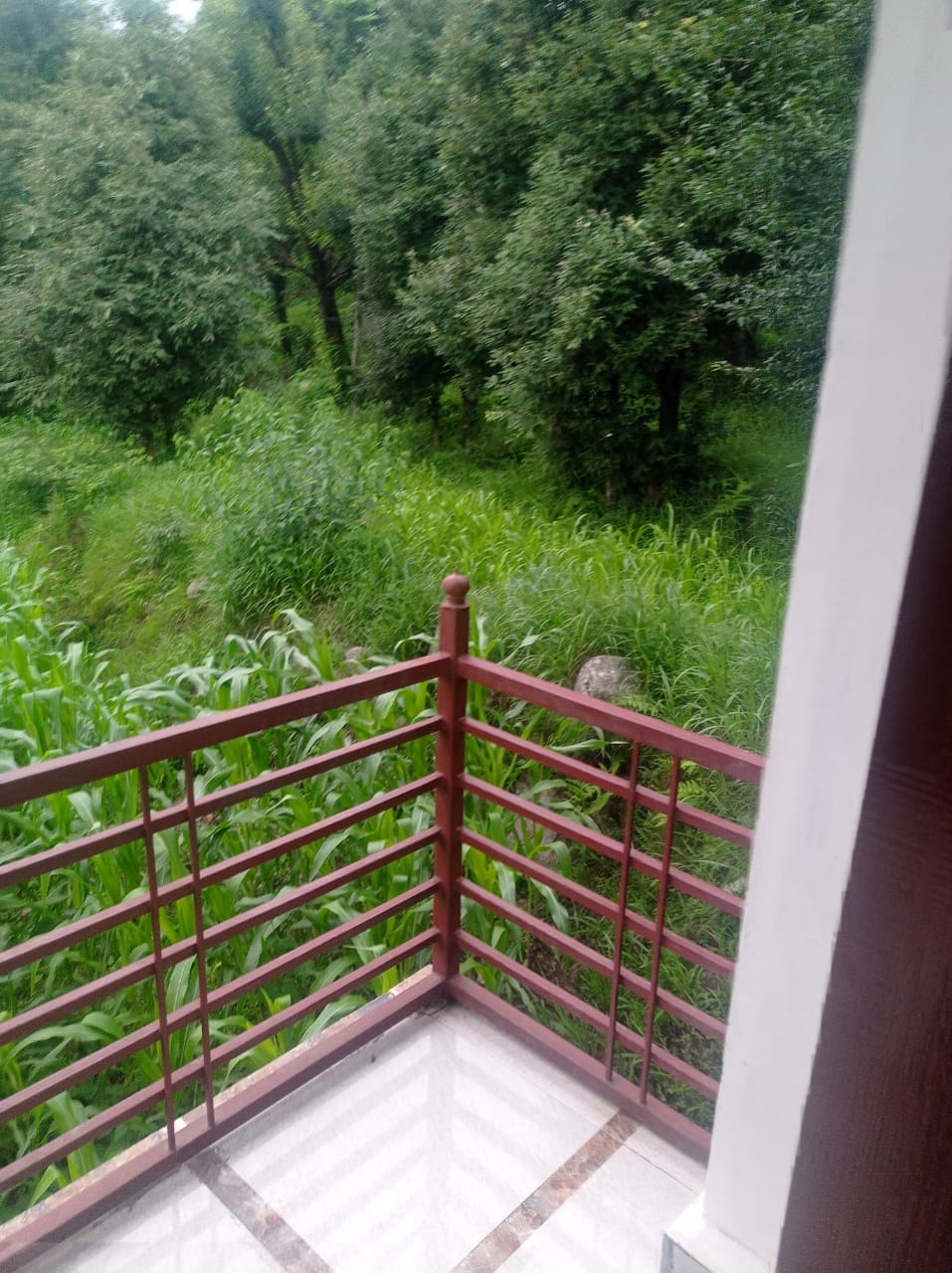

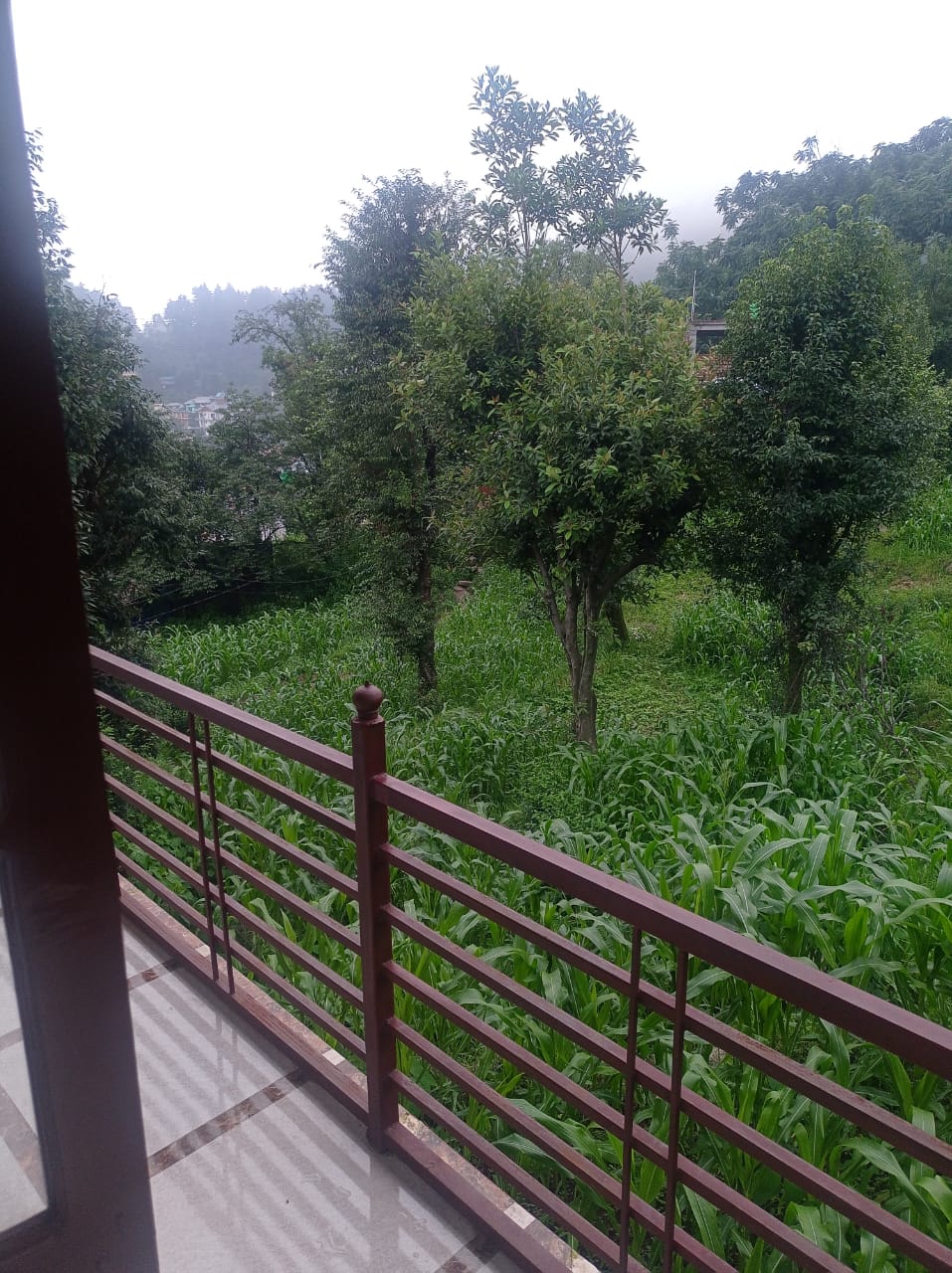
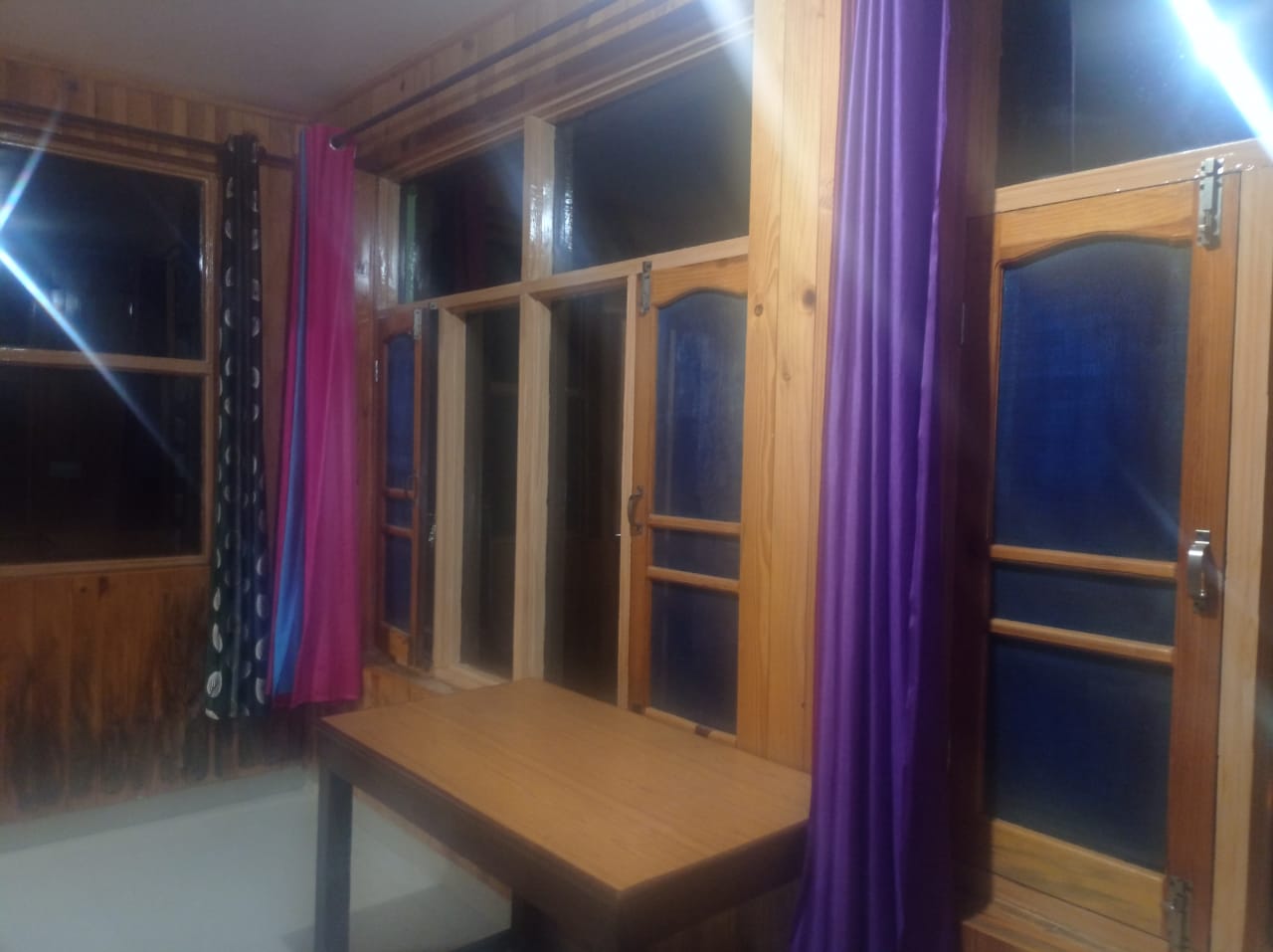
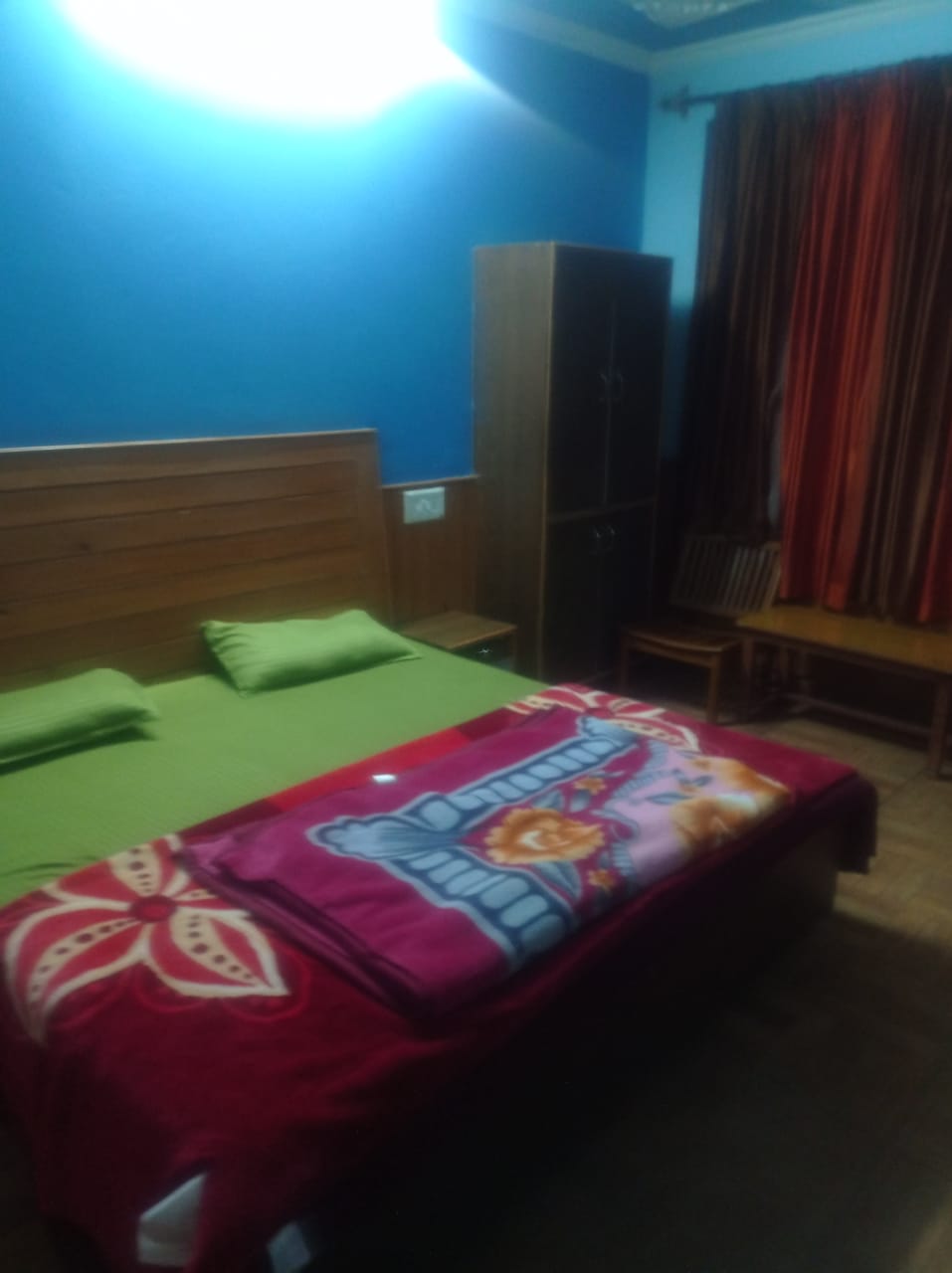
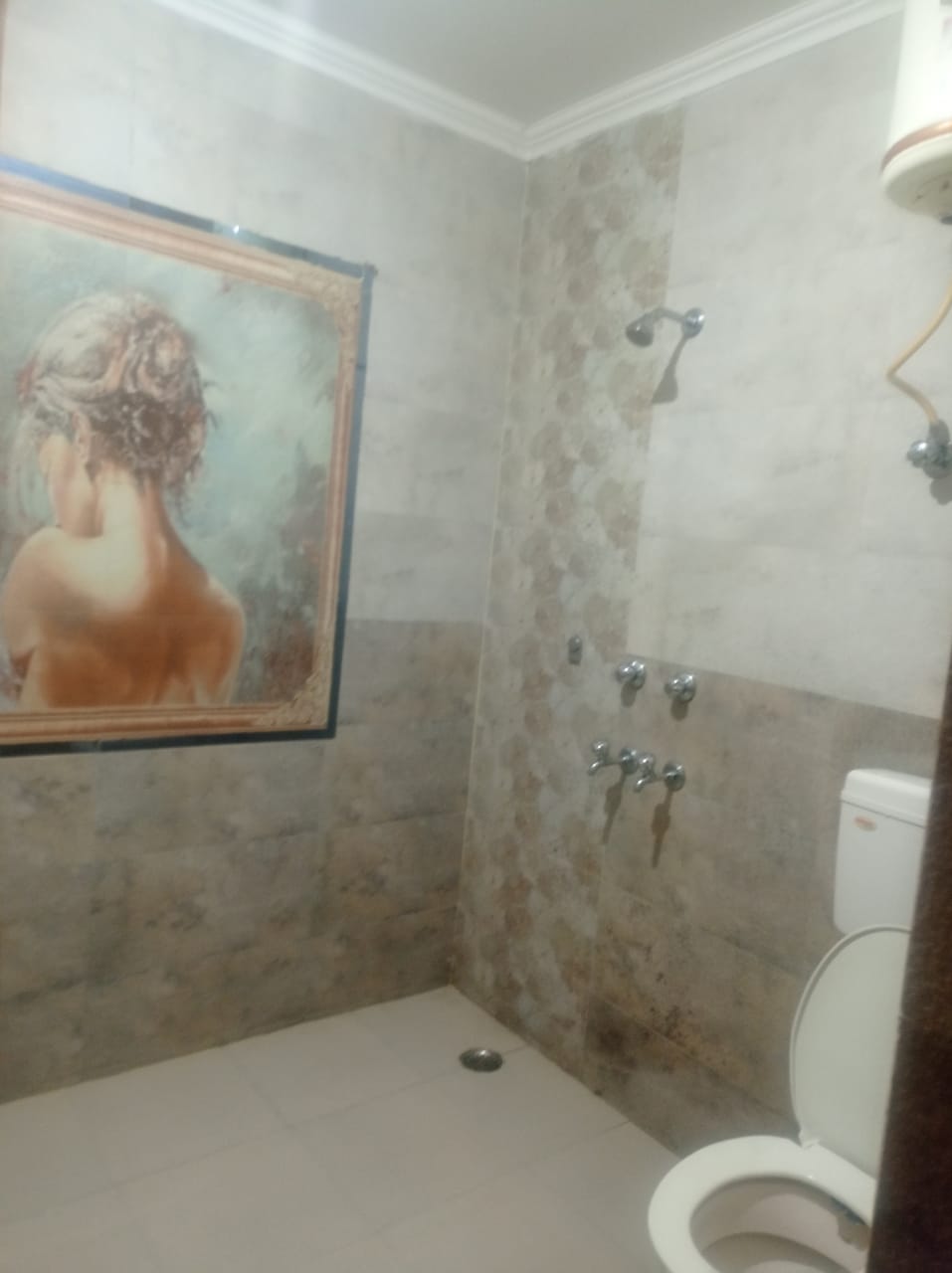
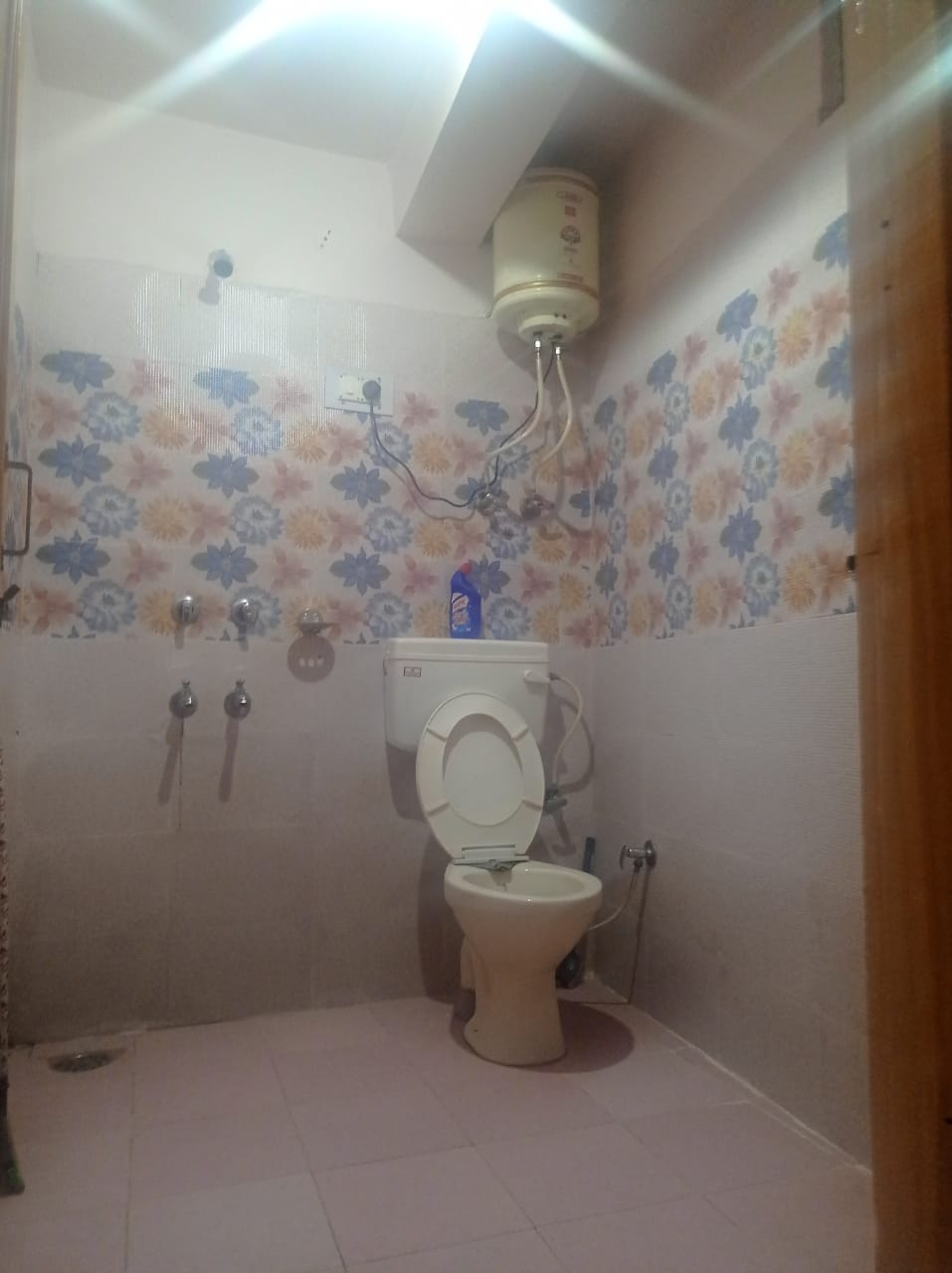
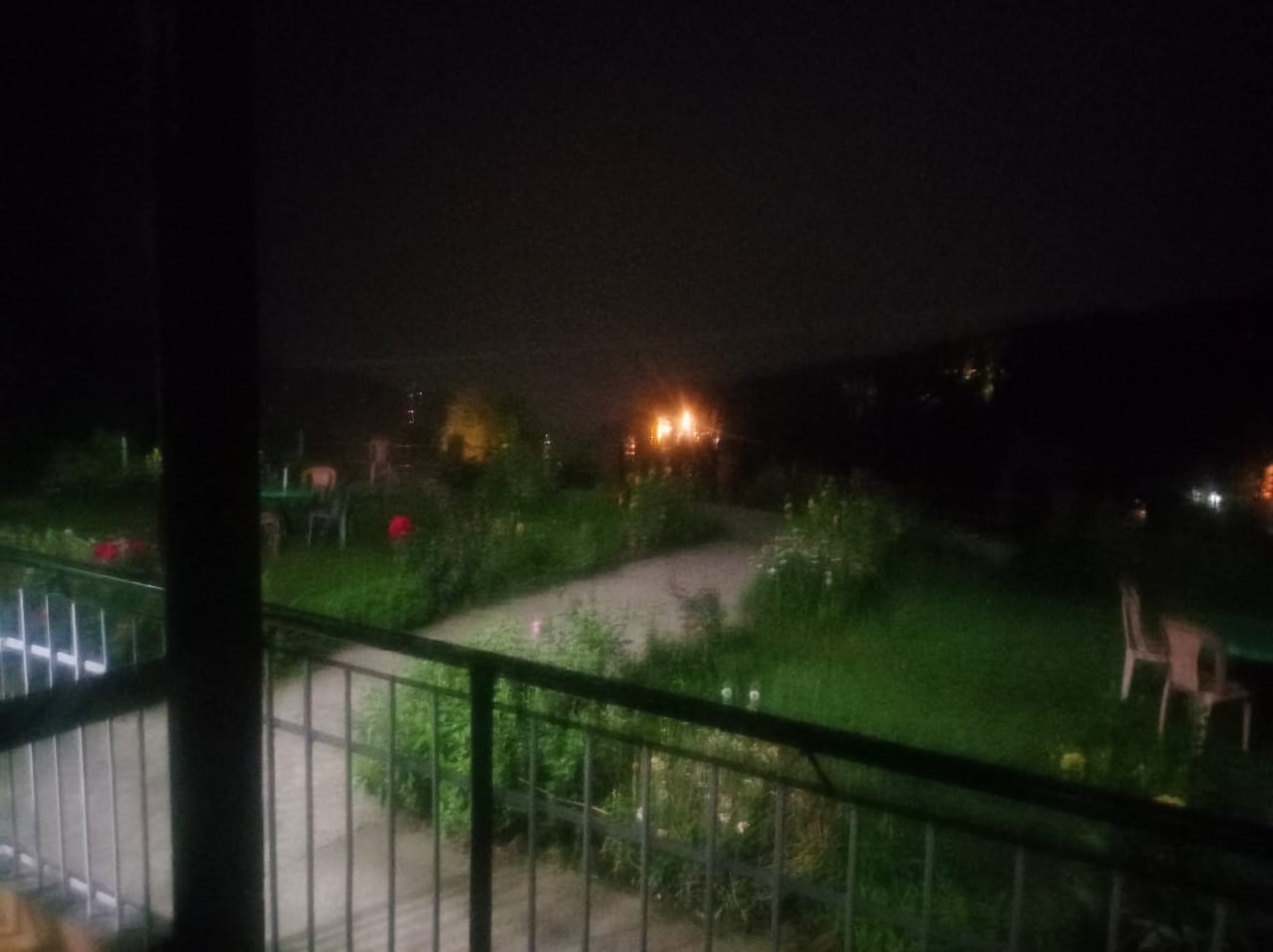
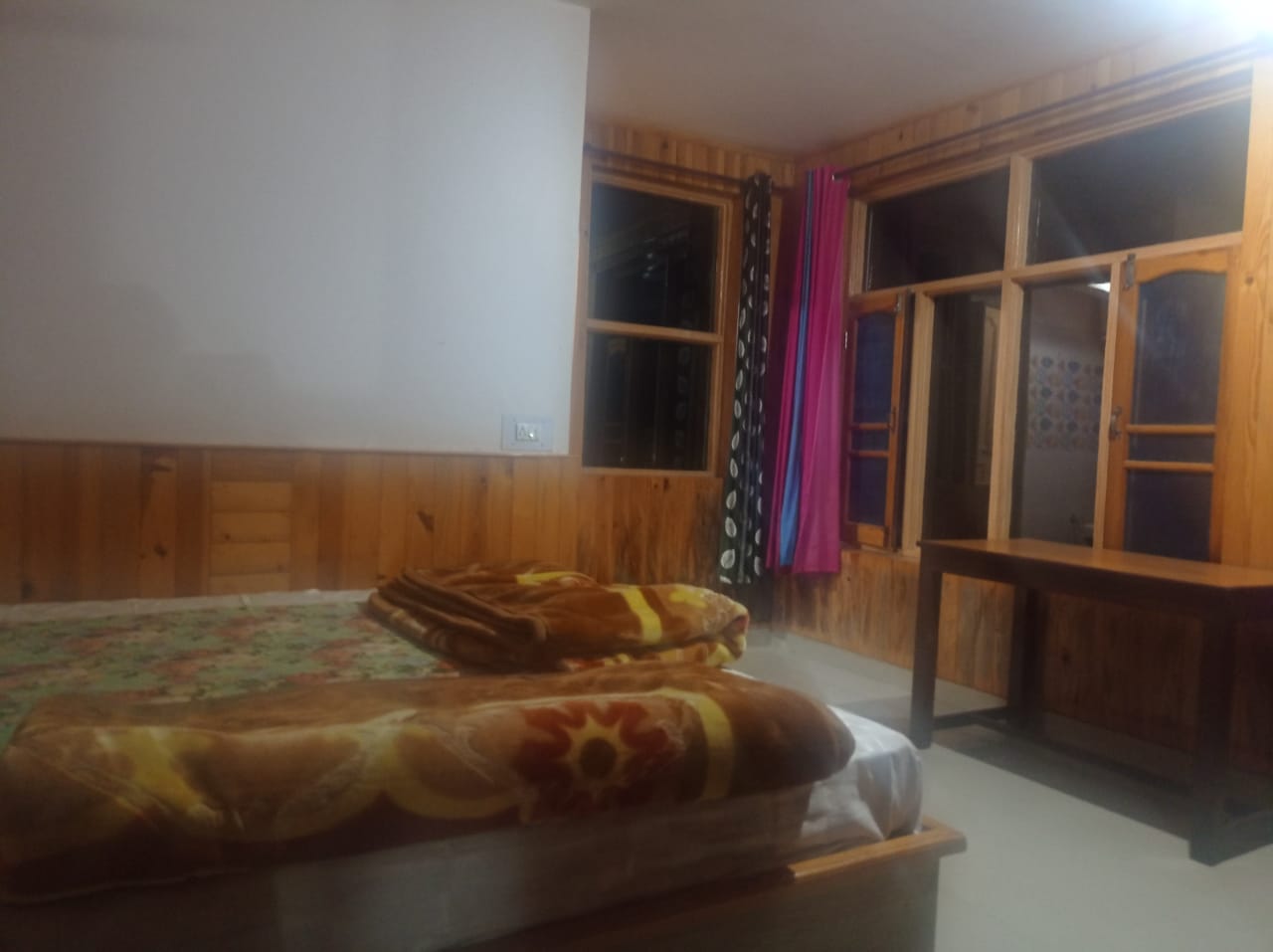
Deluxe
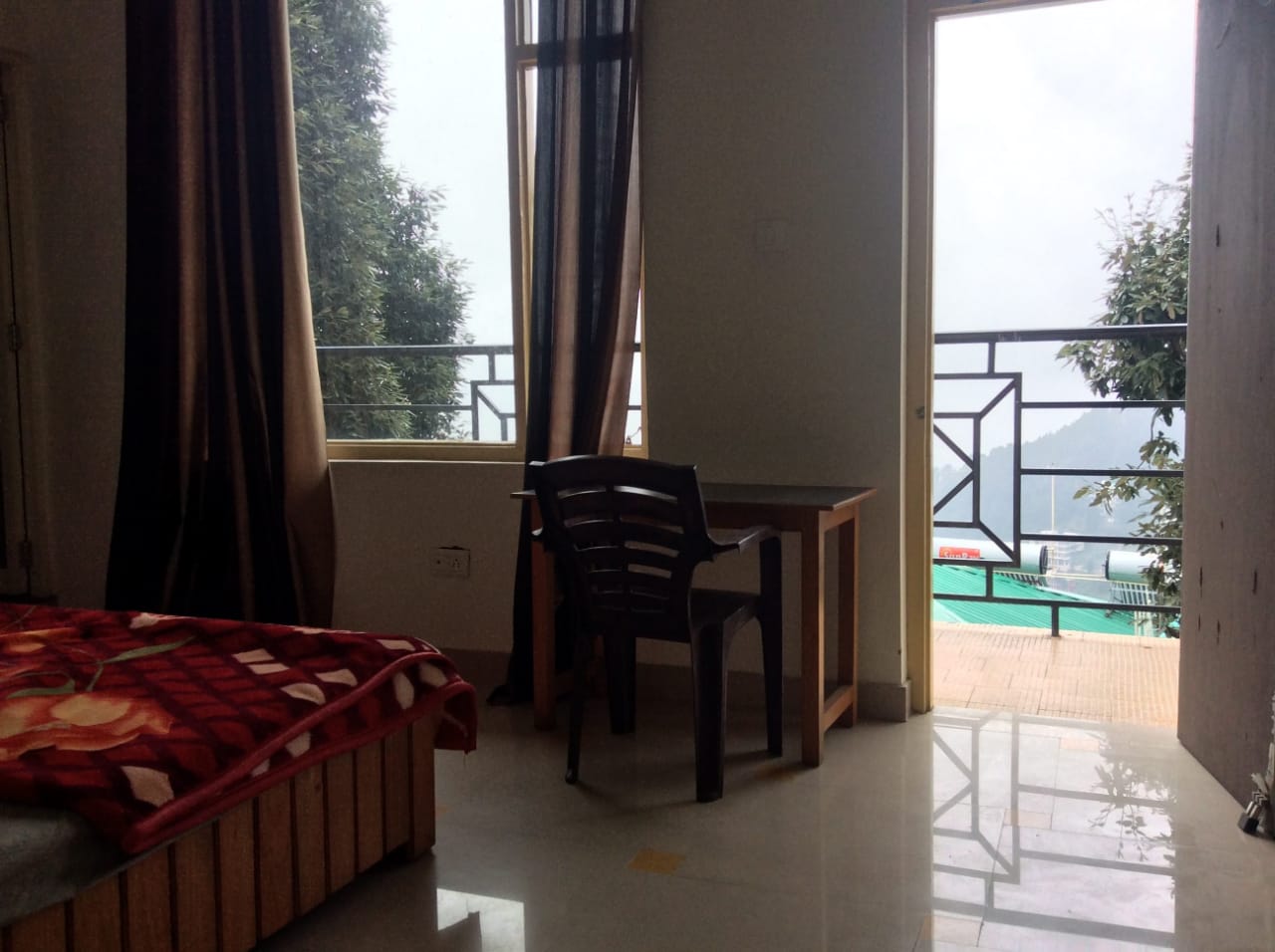
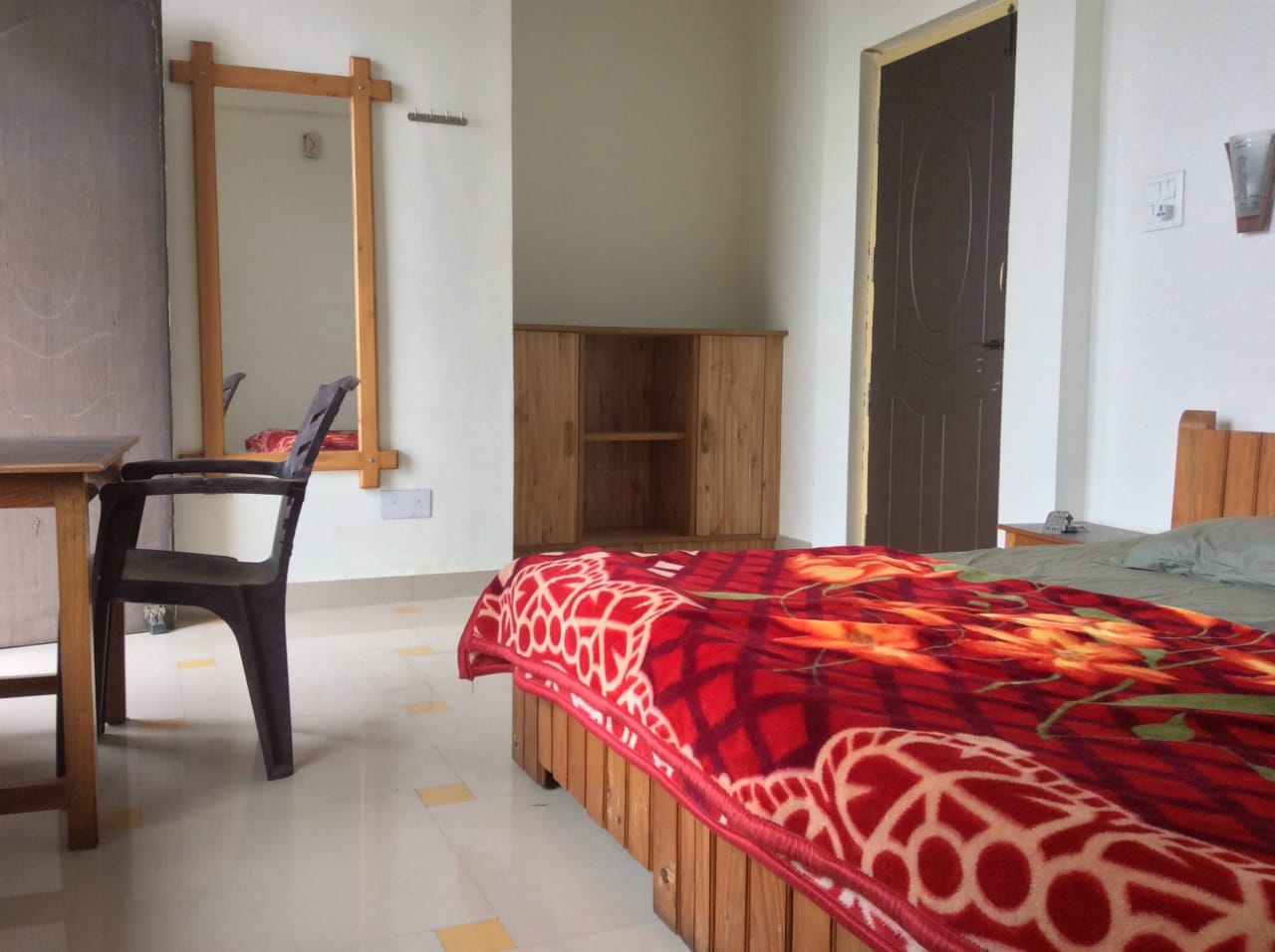
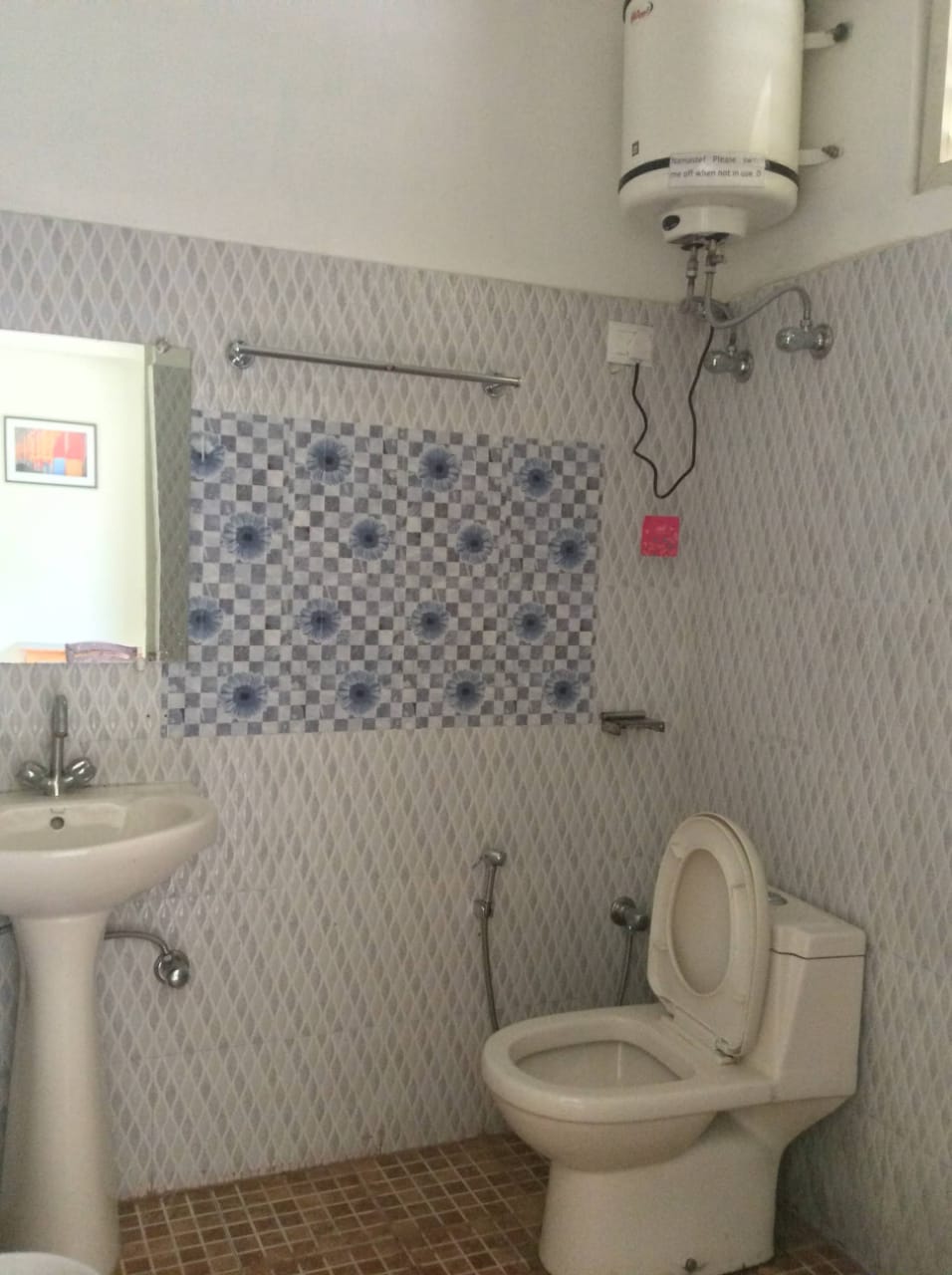
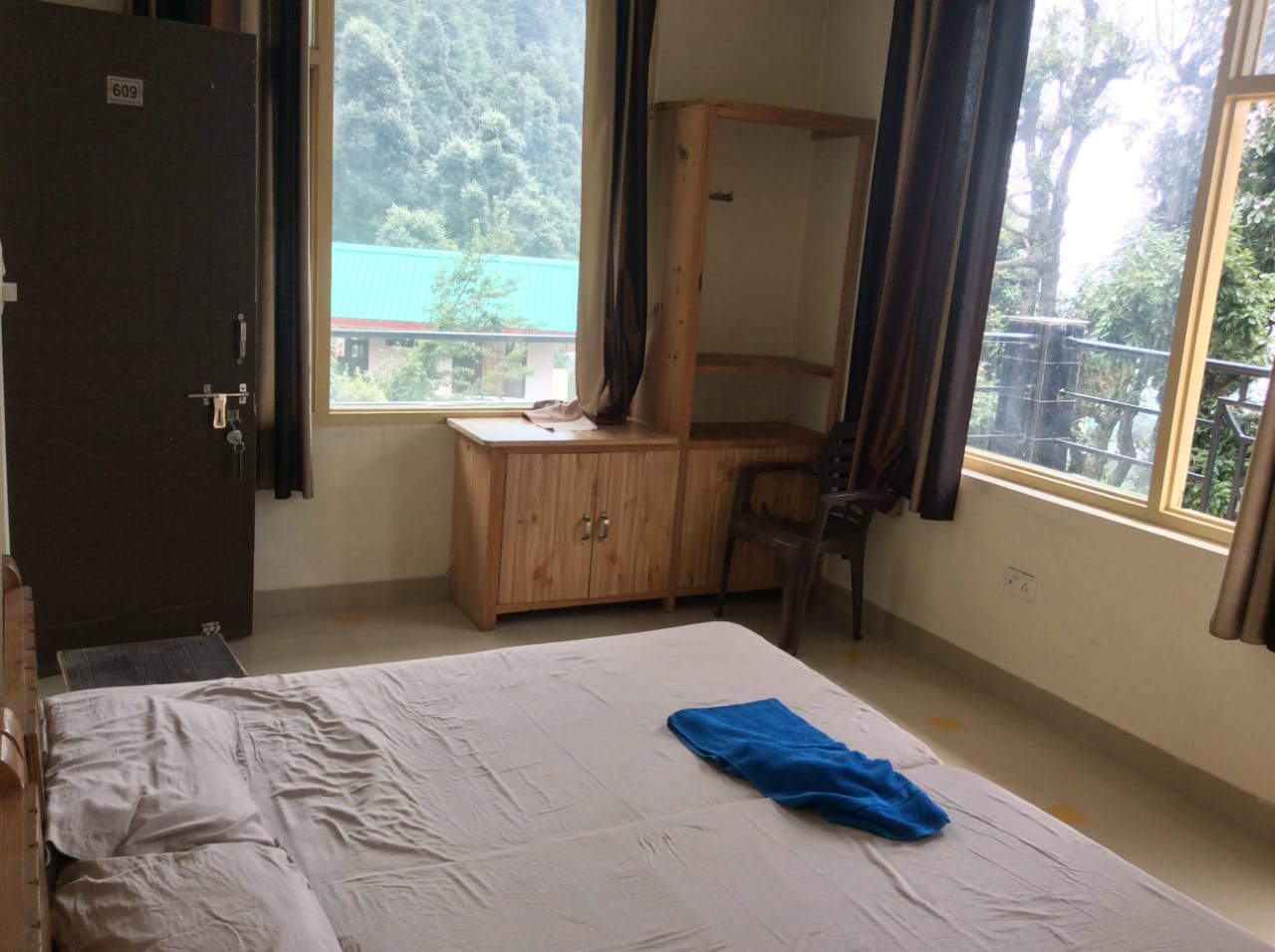
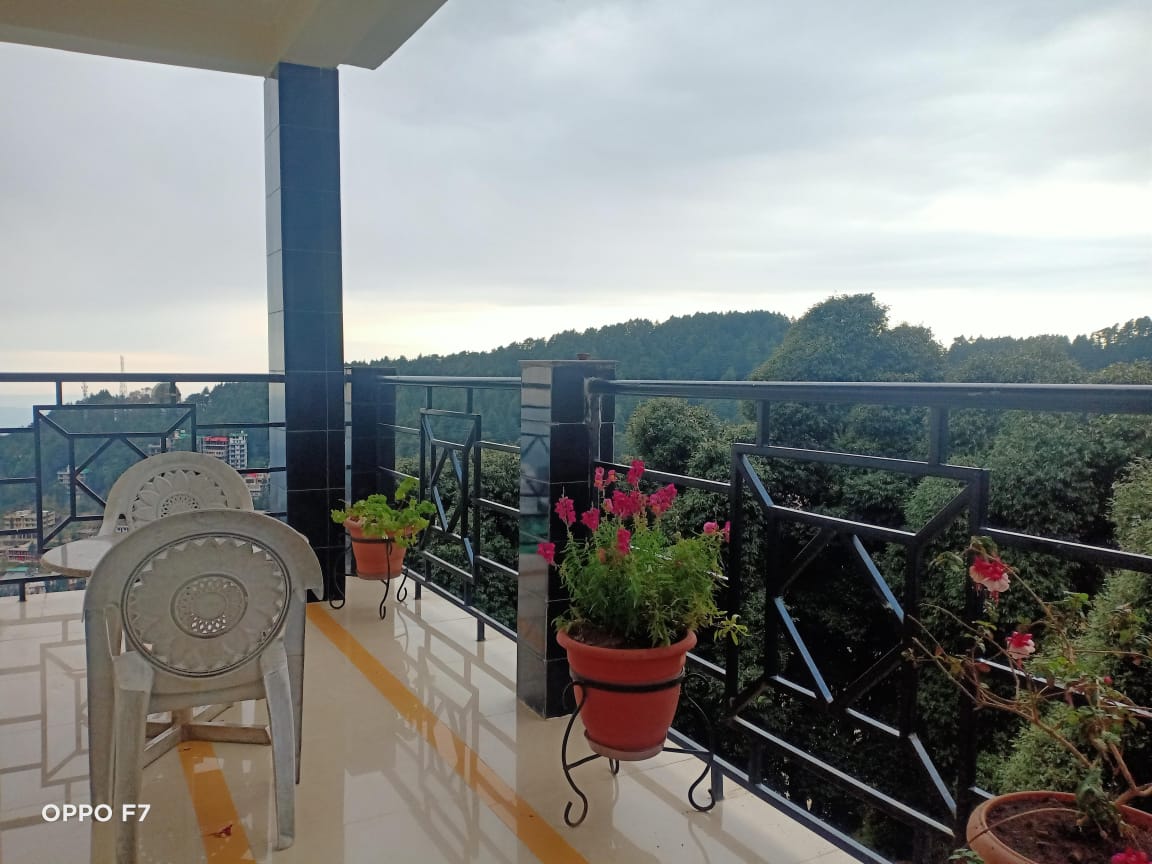
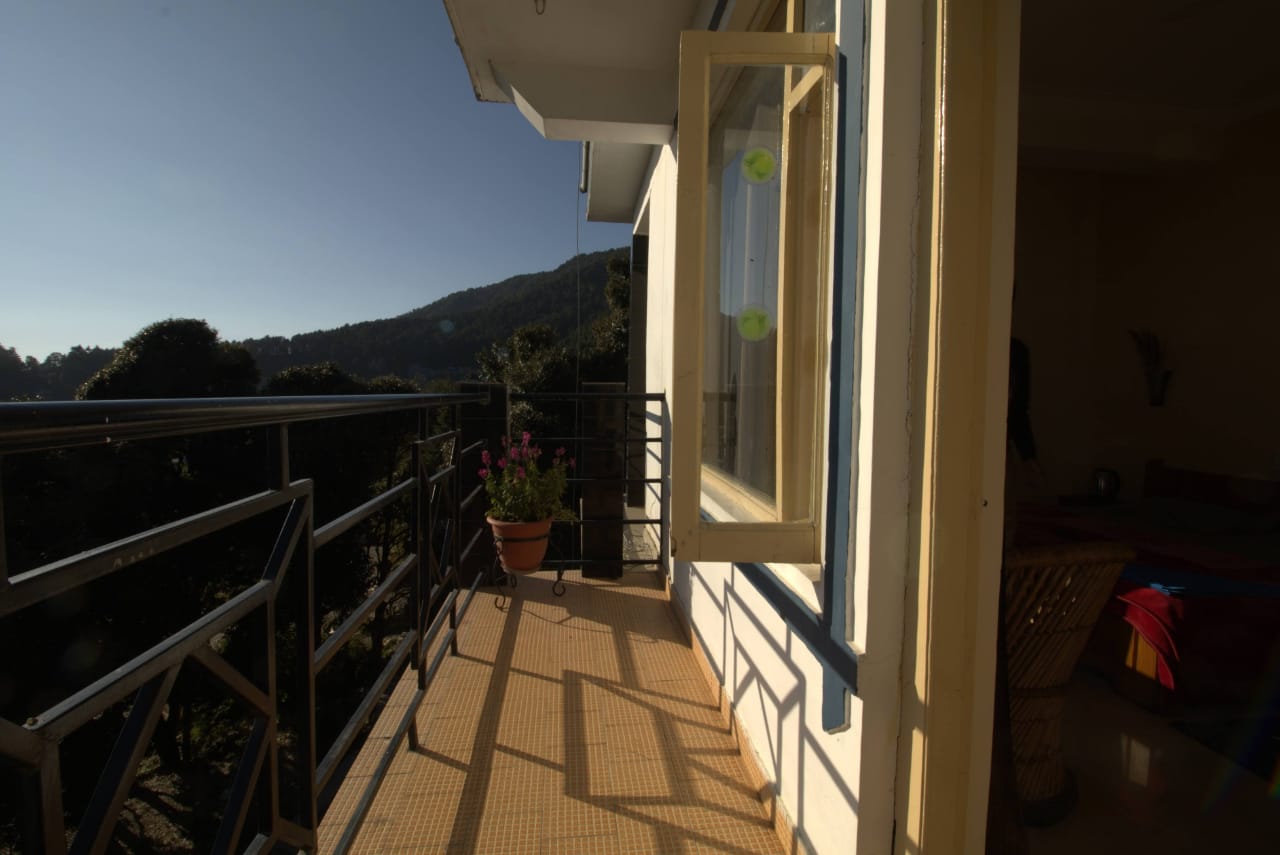
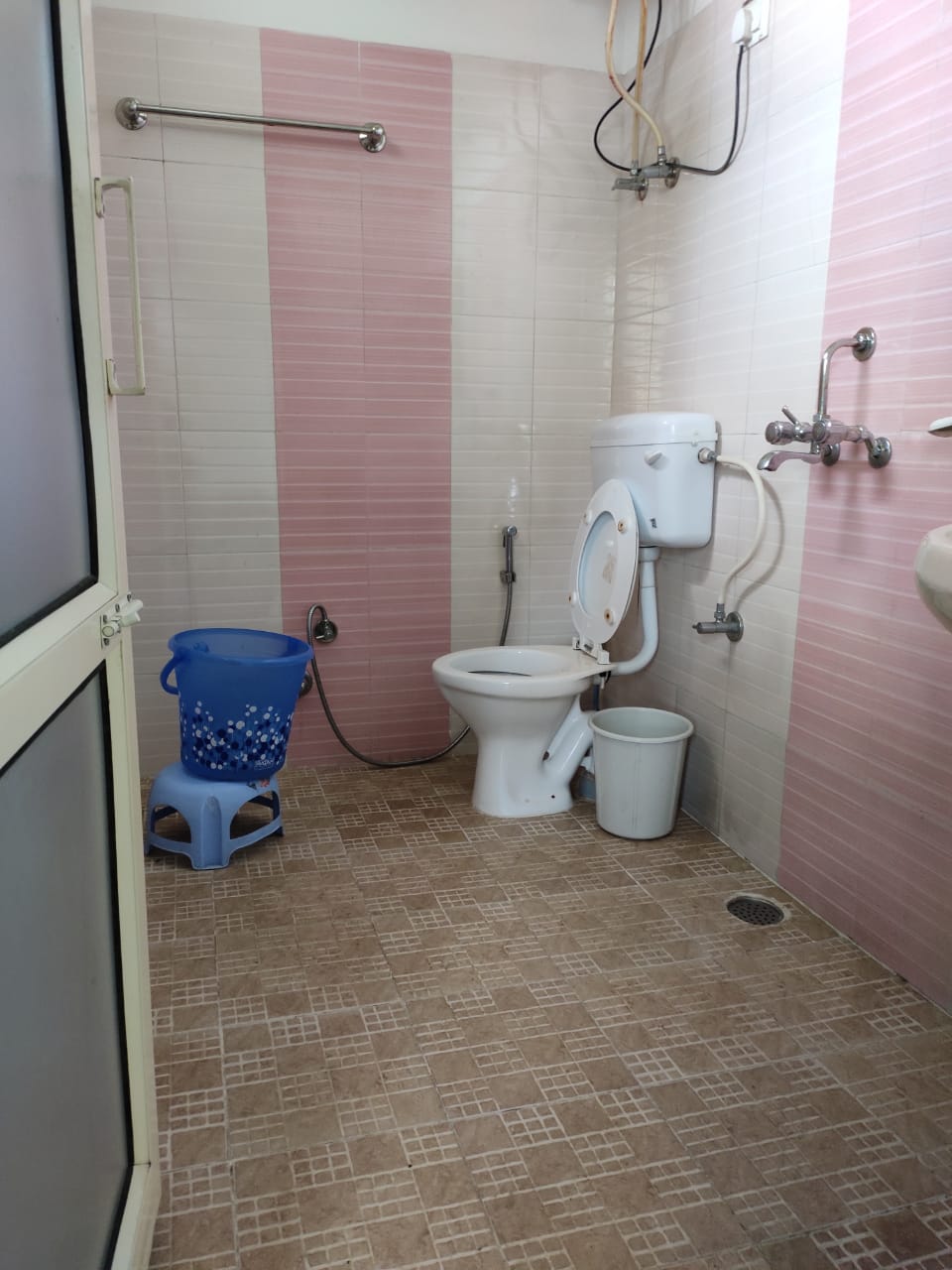
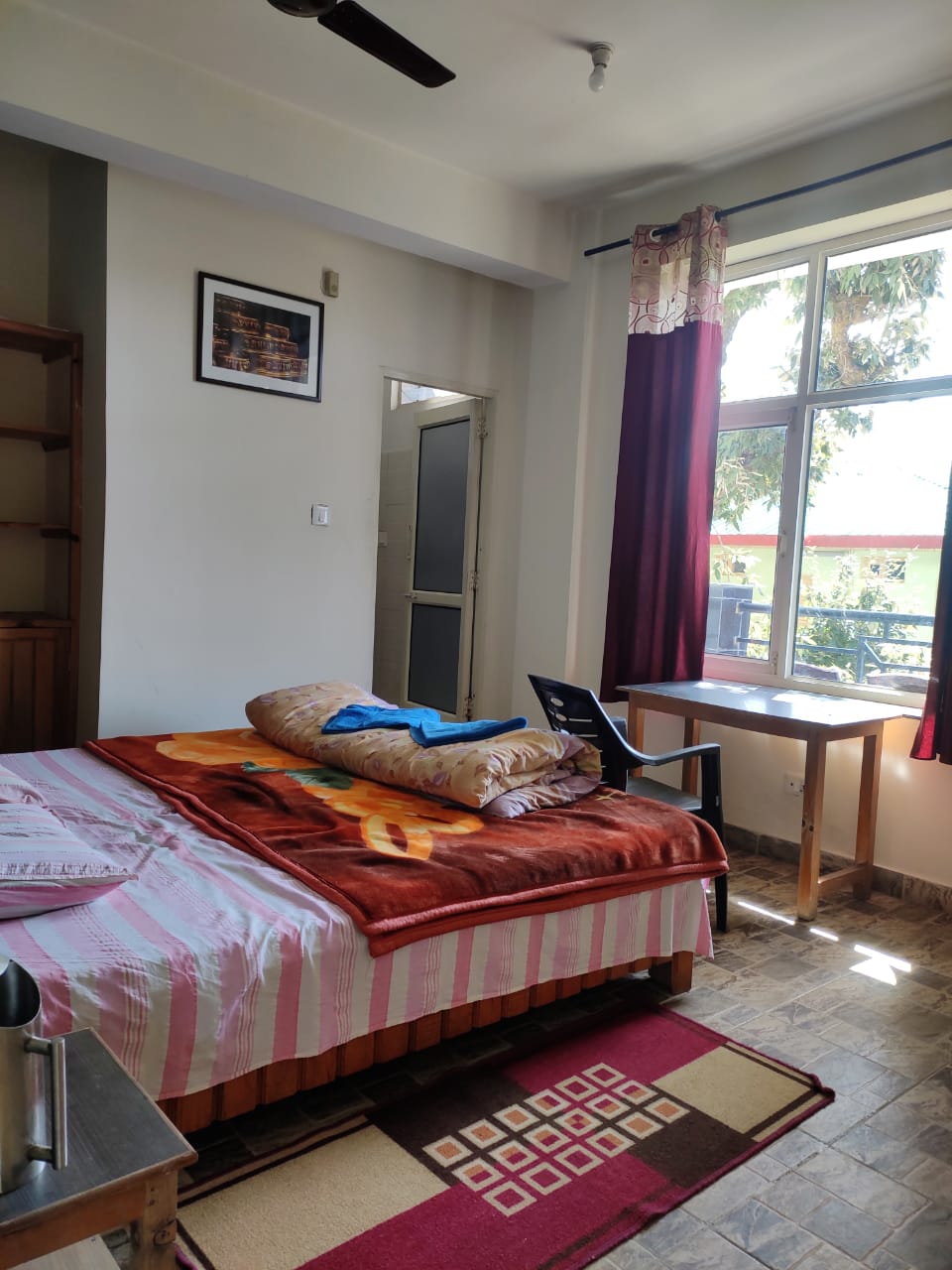
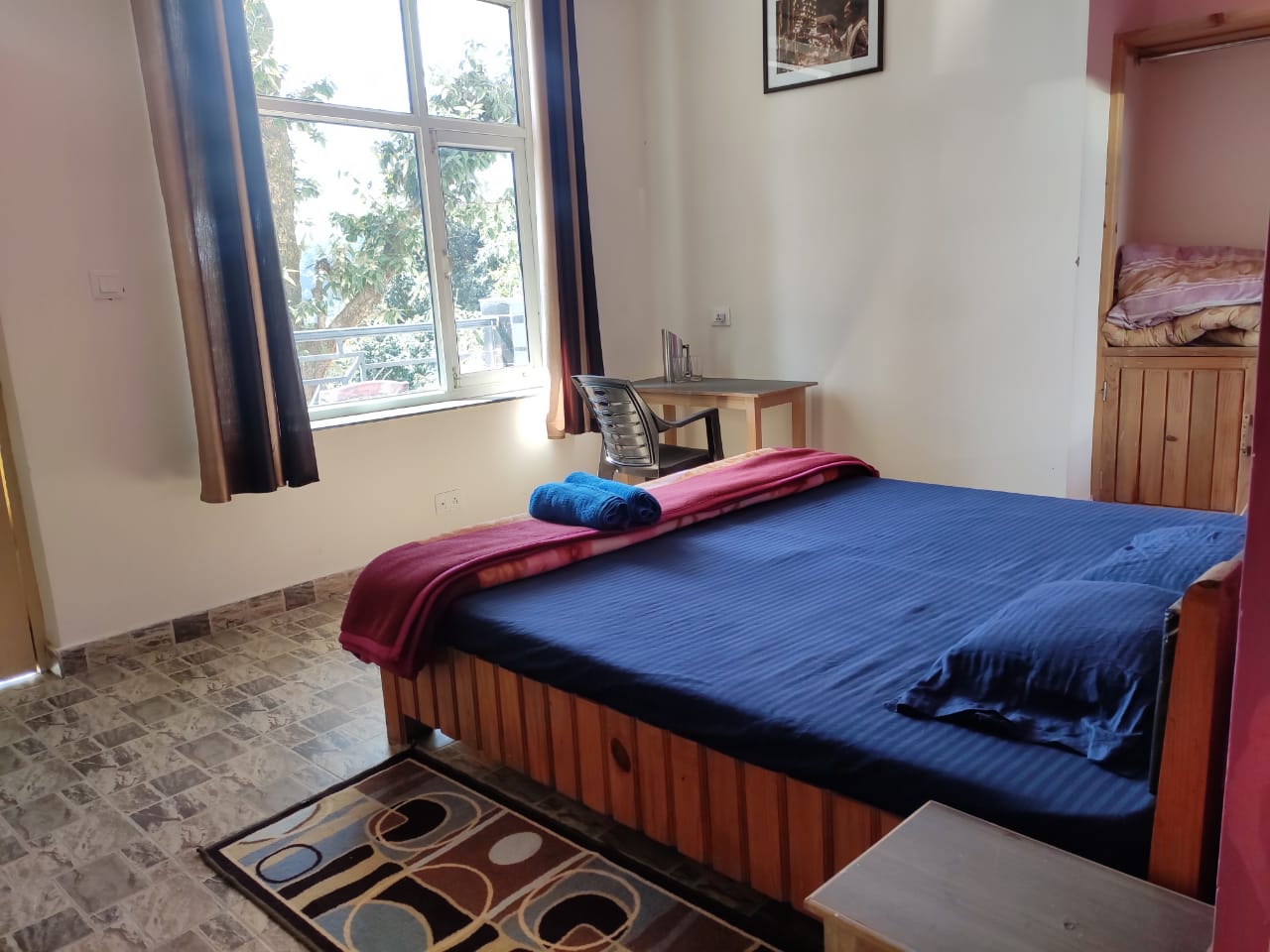
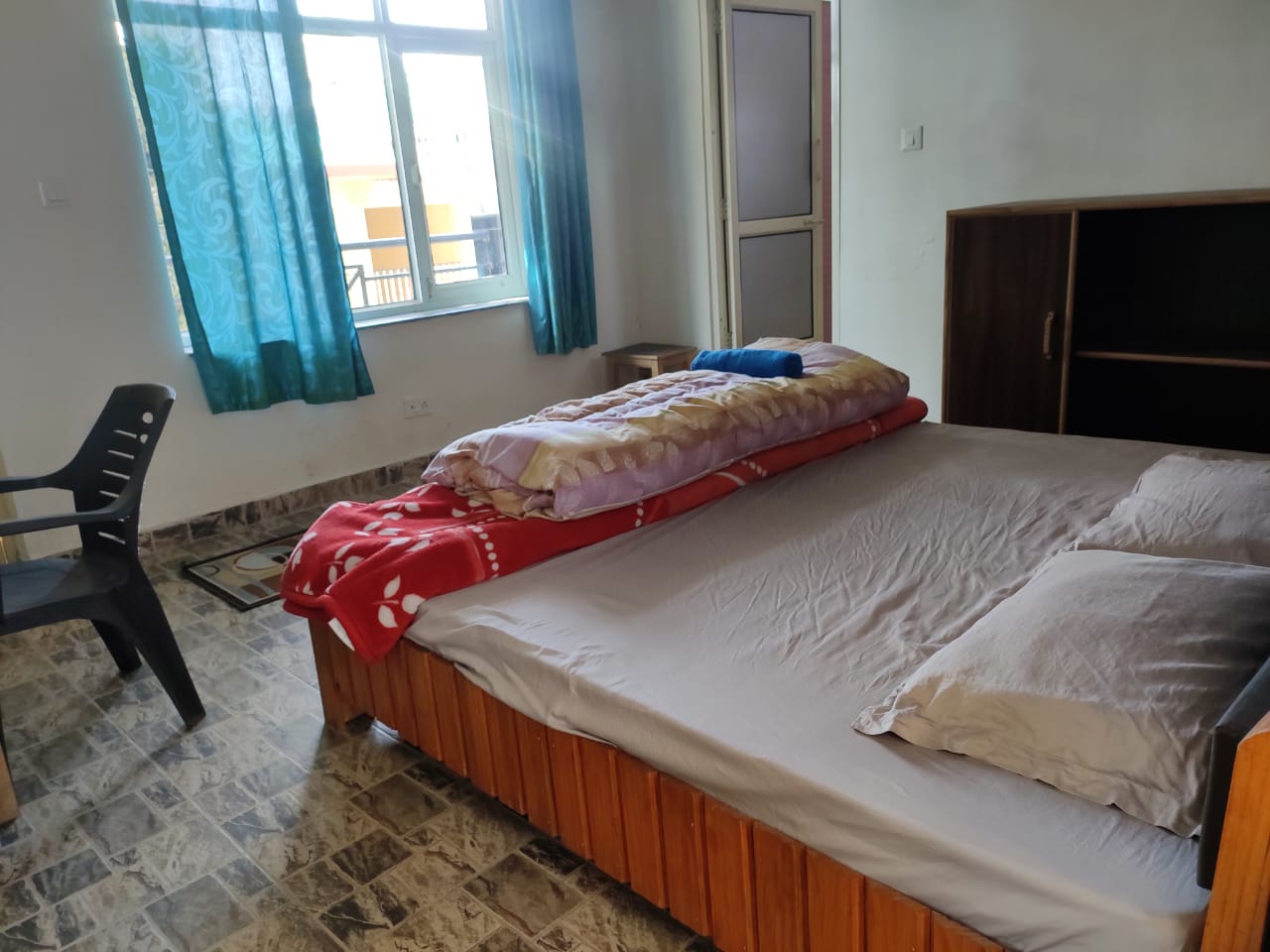
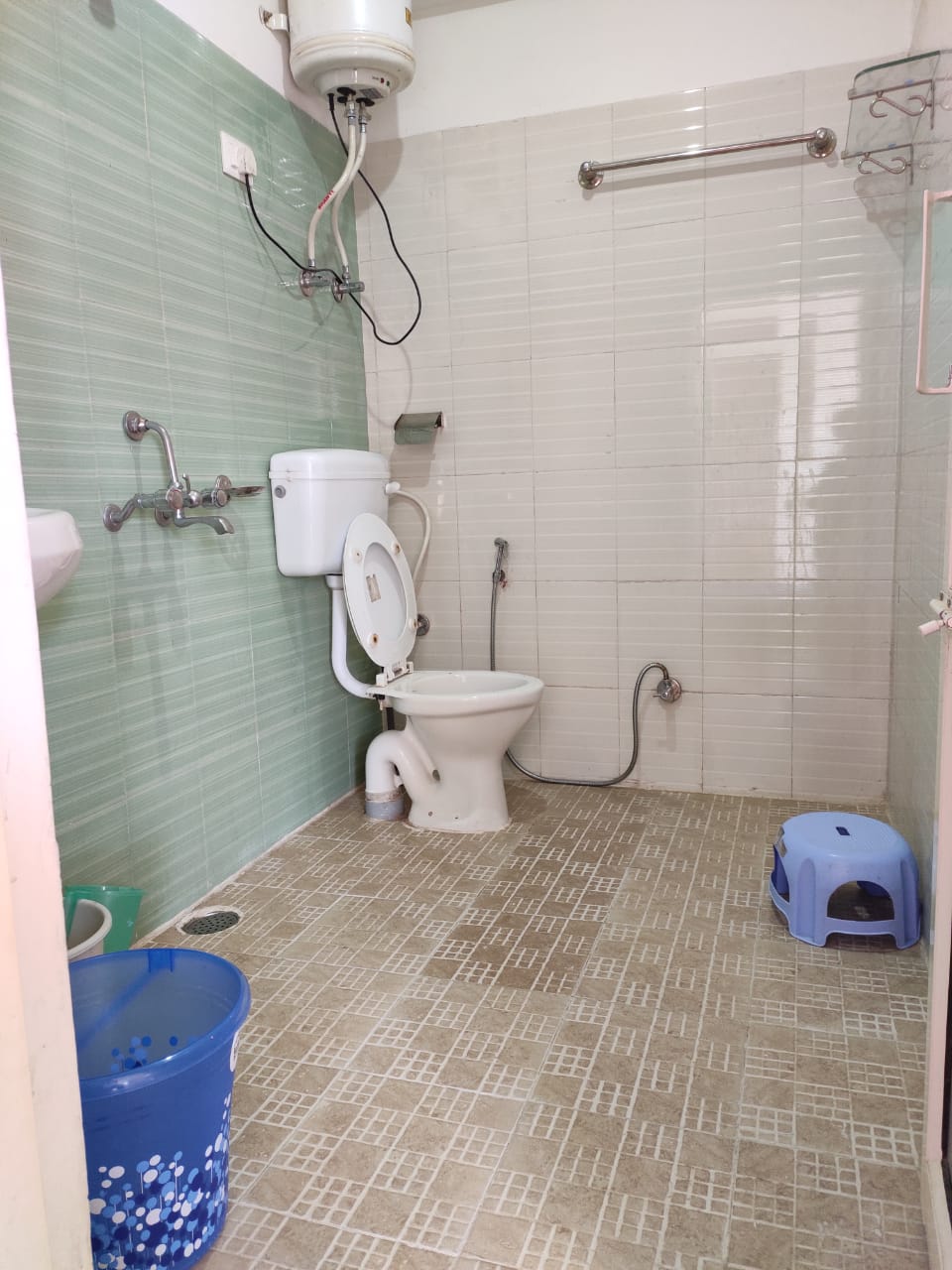

Super Deluxe
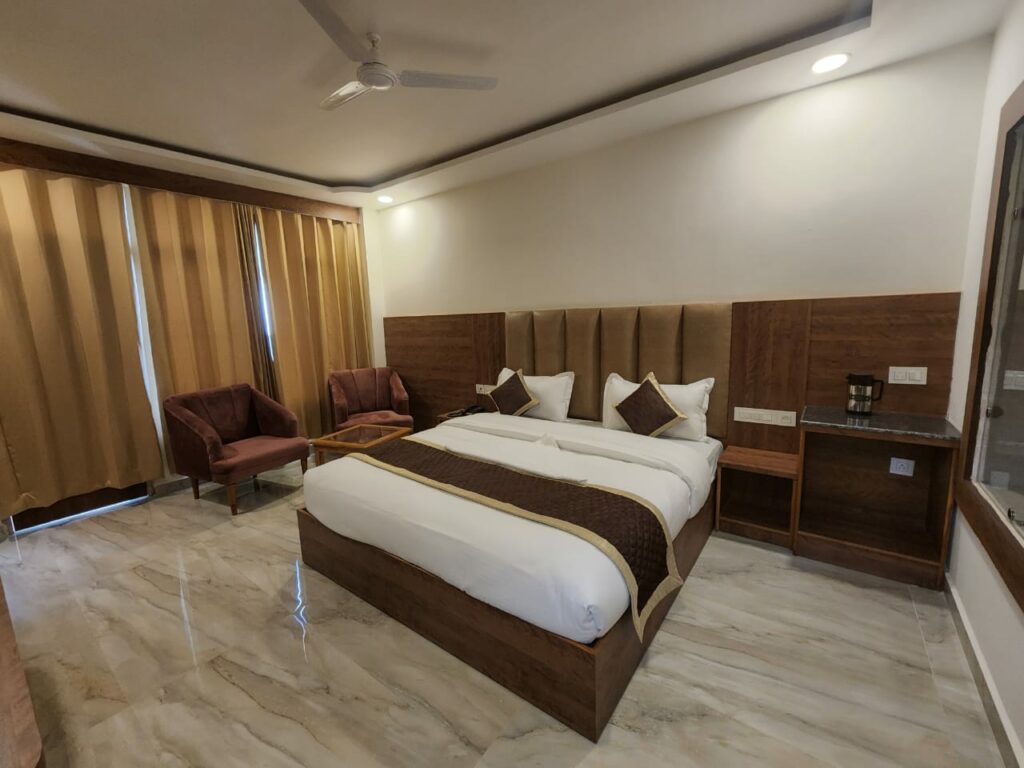
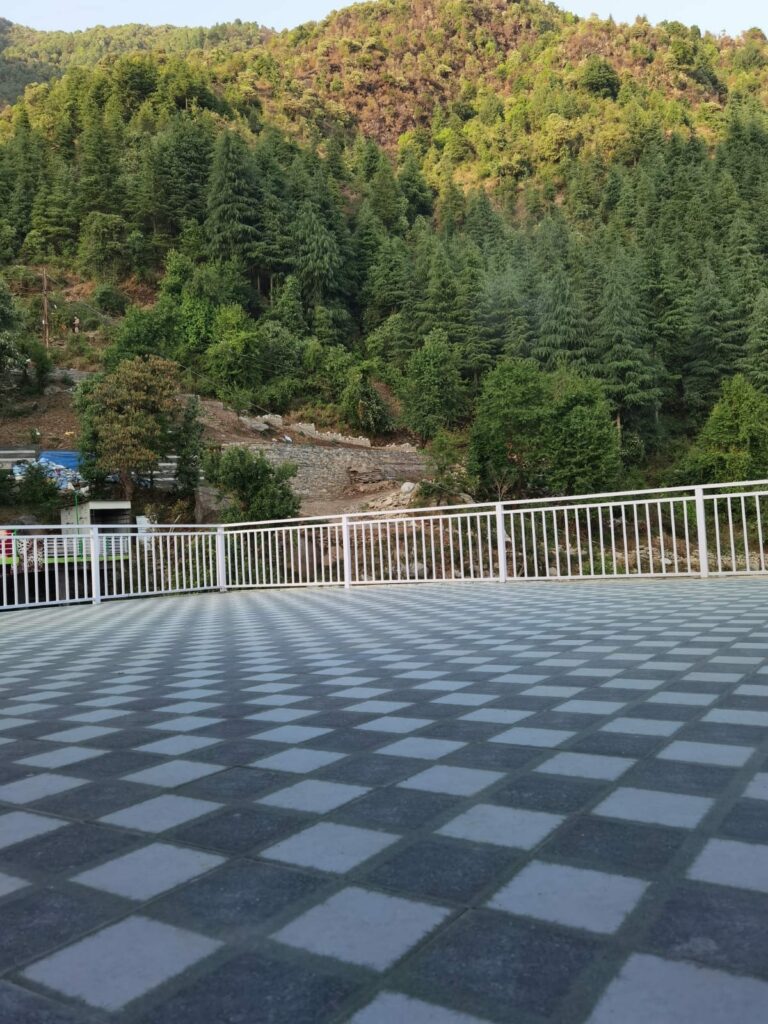
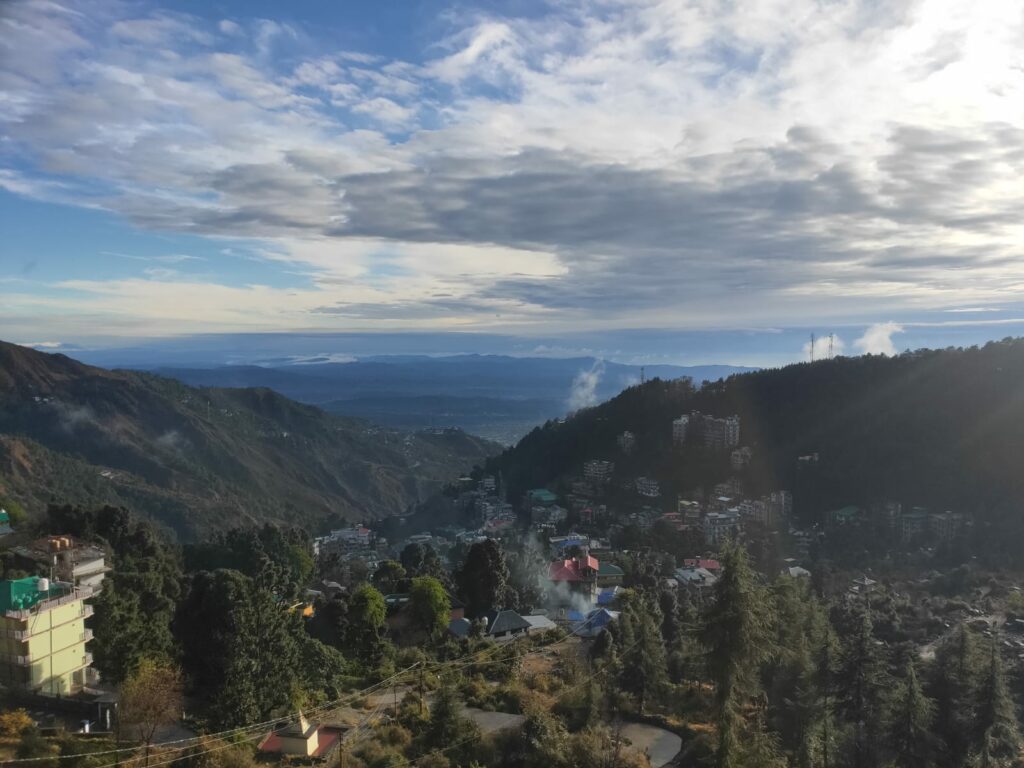
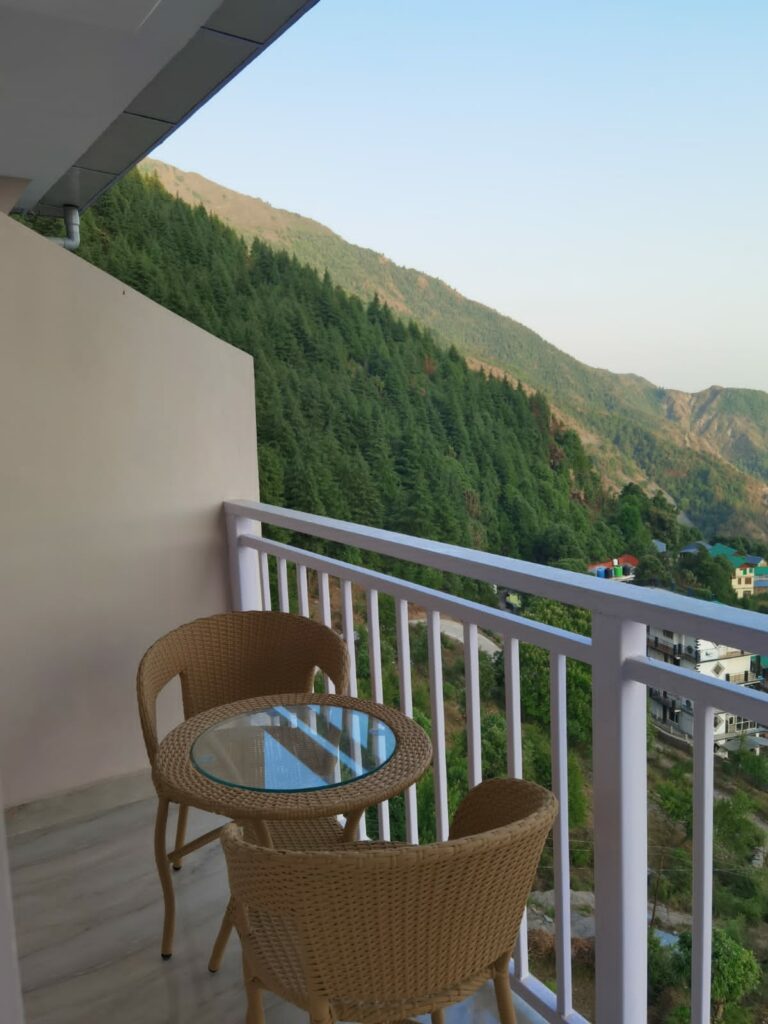

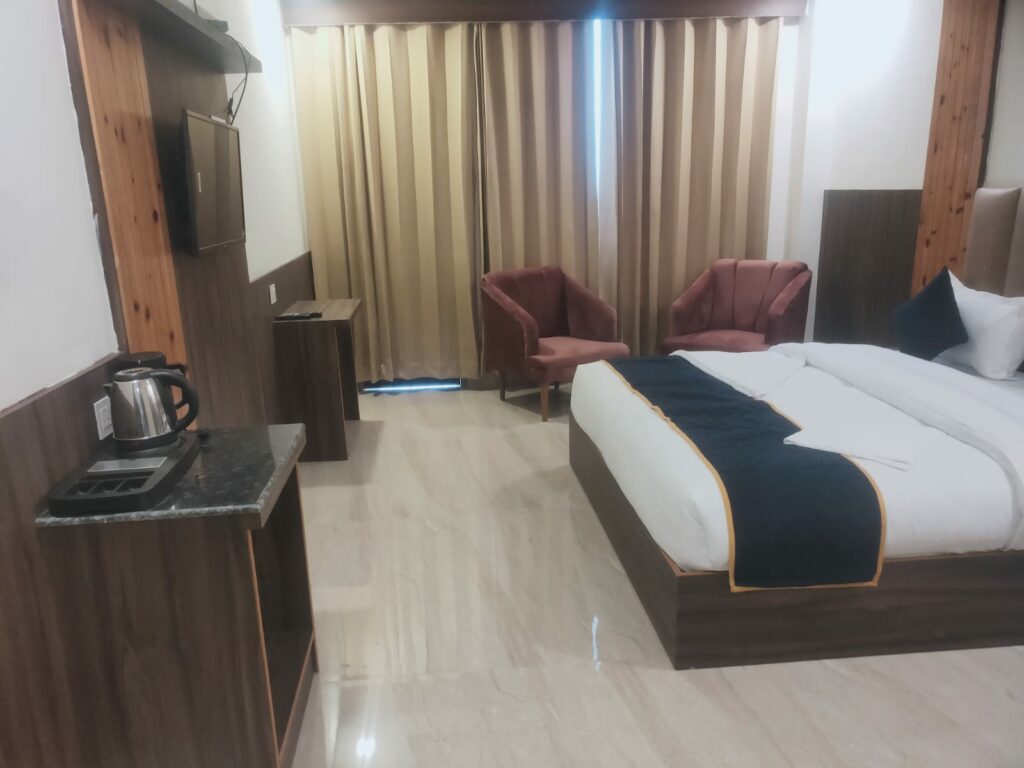

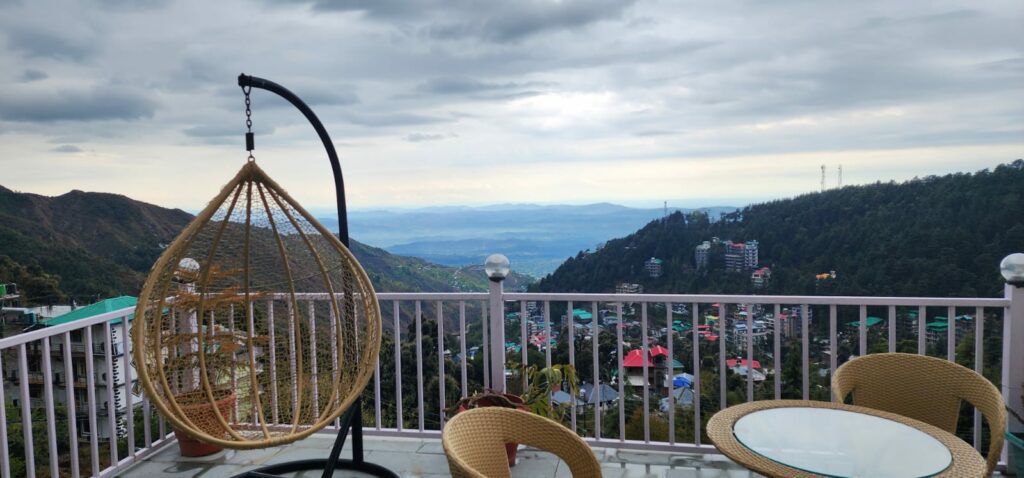
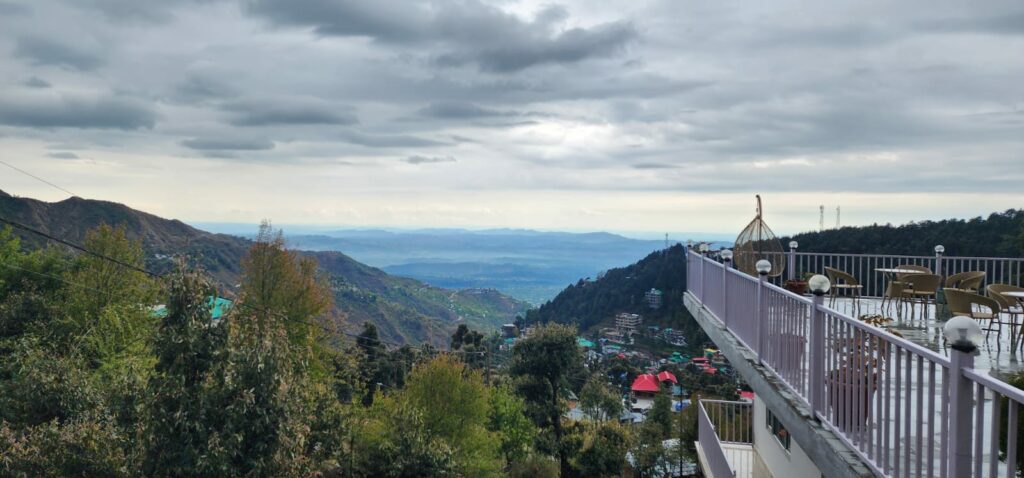
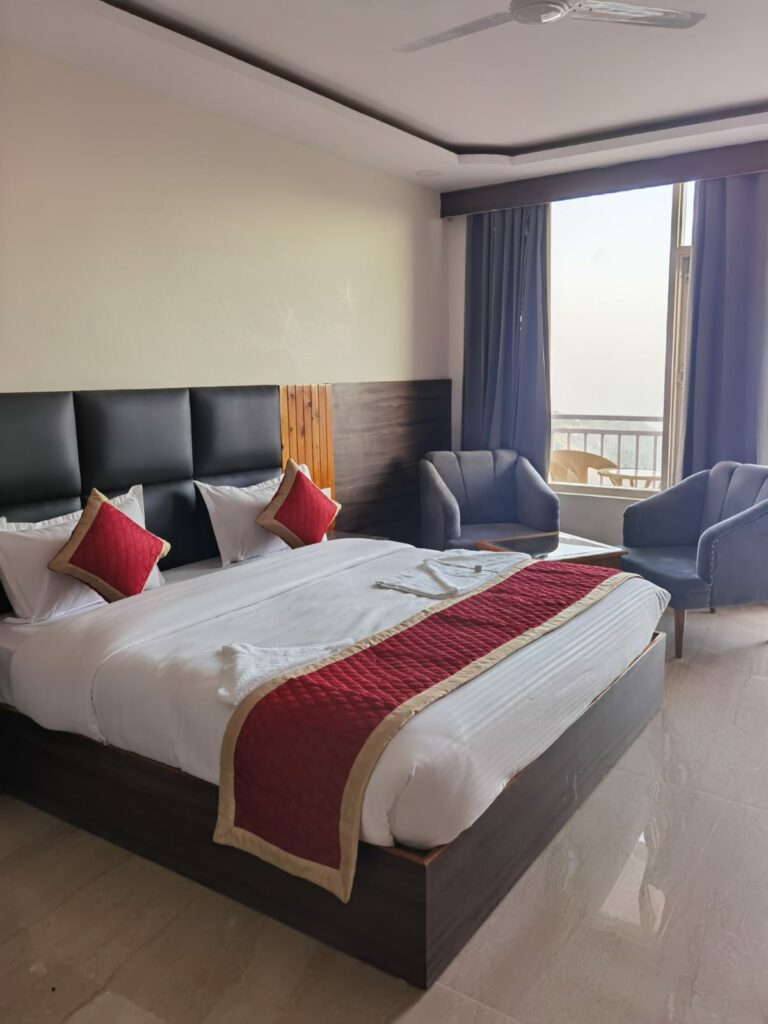
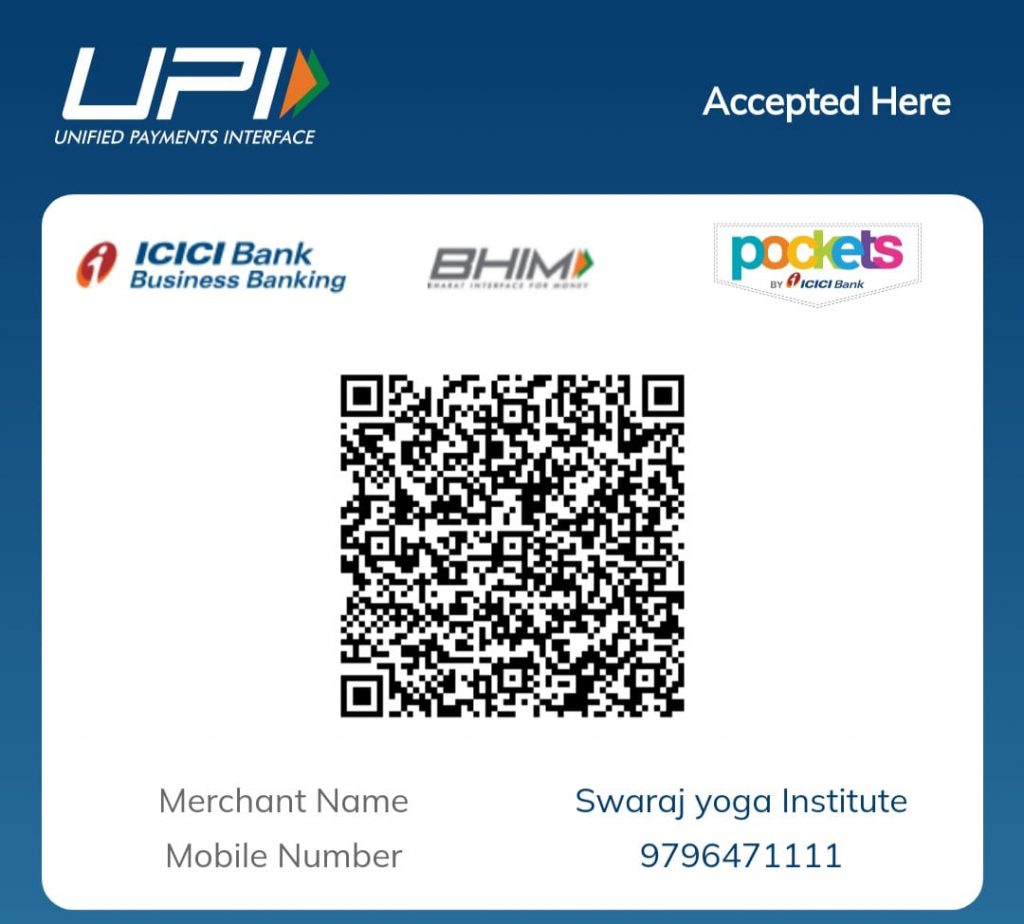
For International Students
ICICI Bank limited
Swaraj yoga Institute and Wellness Retreats
Current account no
104105001096
IFSC code
ICIC0001041
Swift code: ICICINBBNRI
